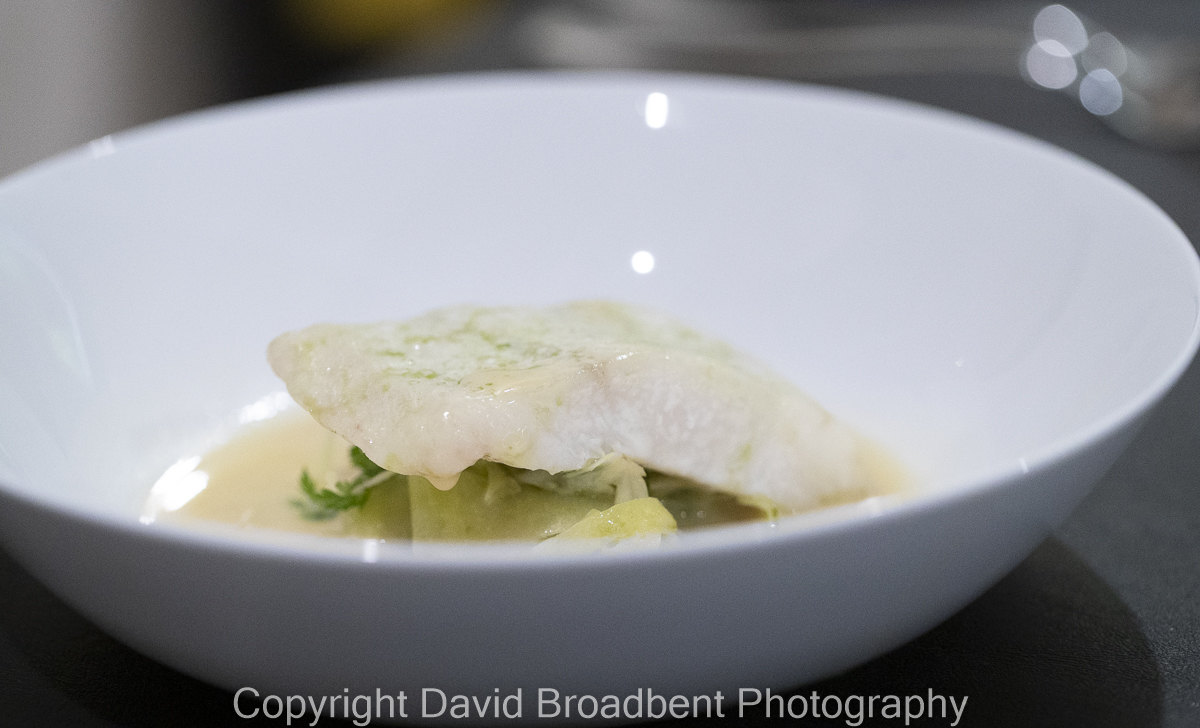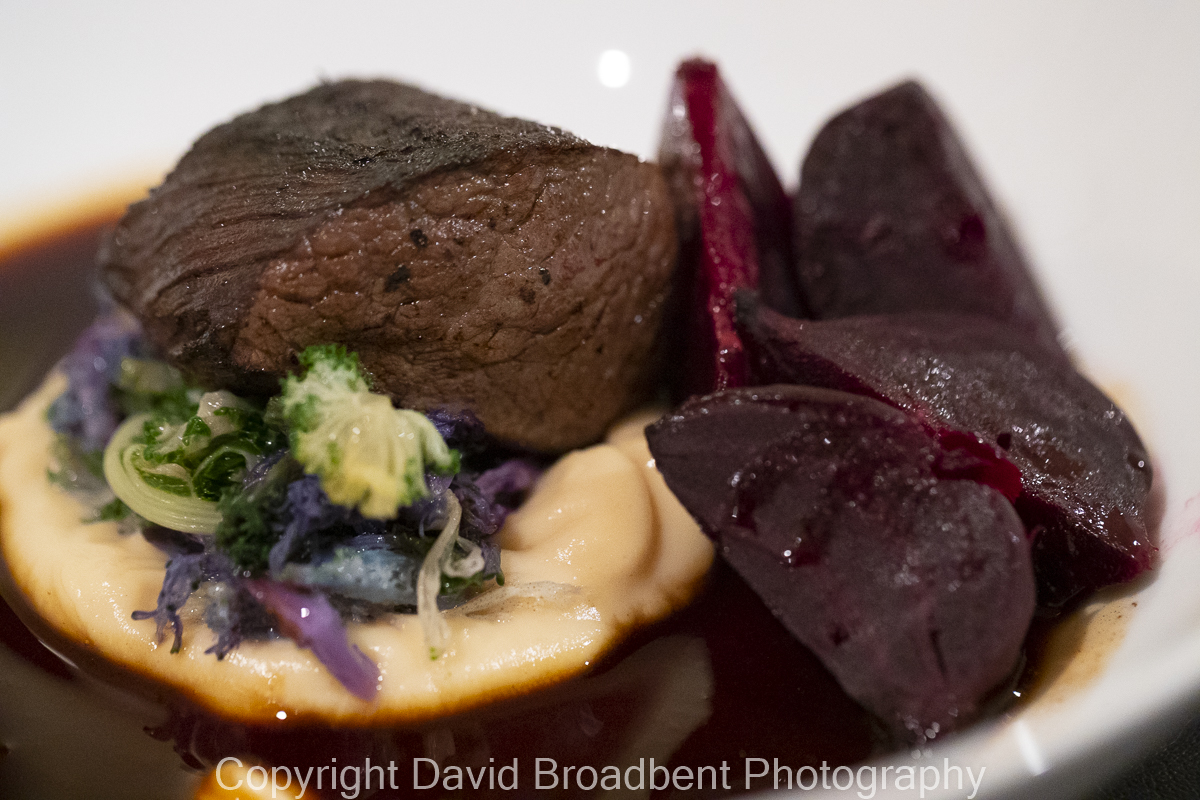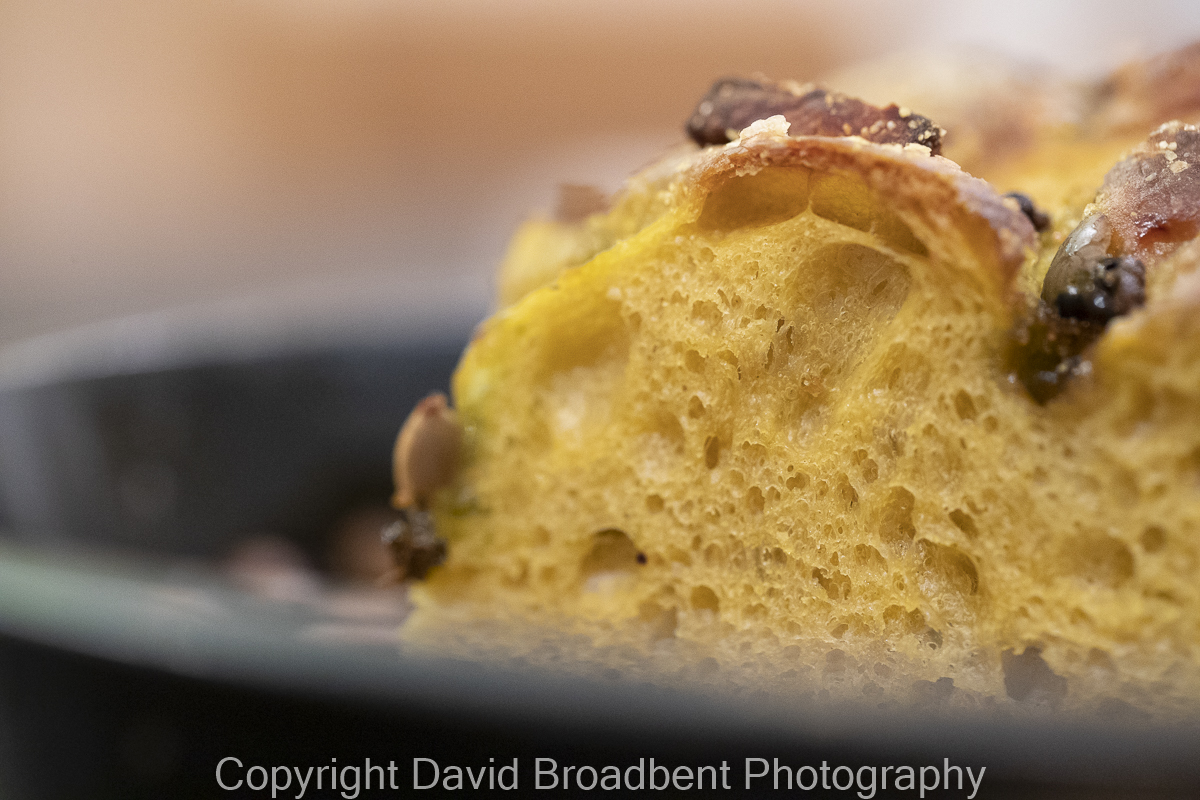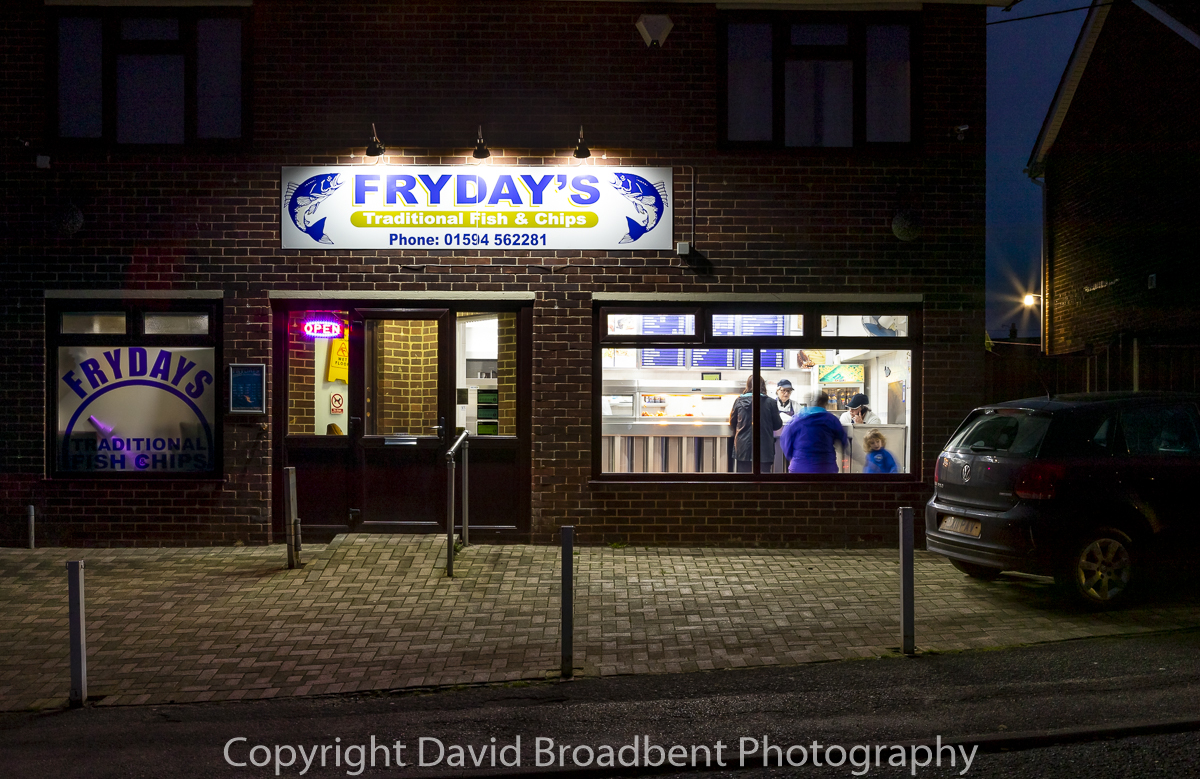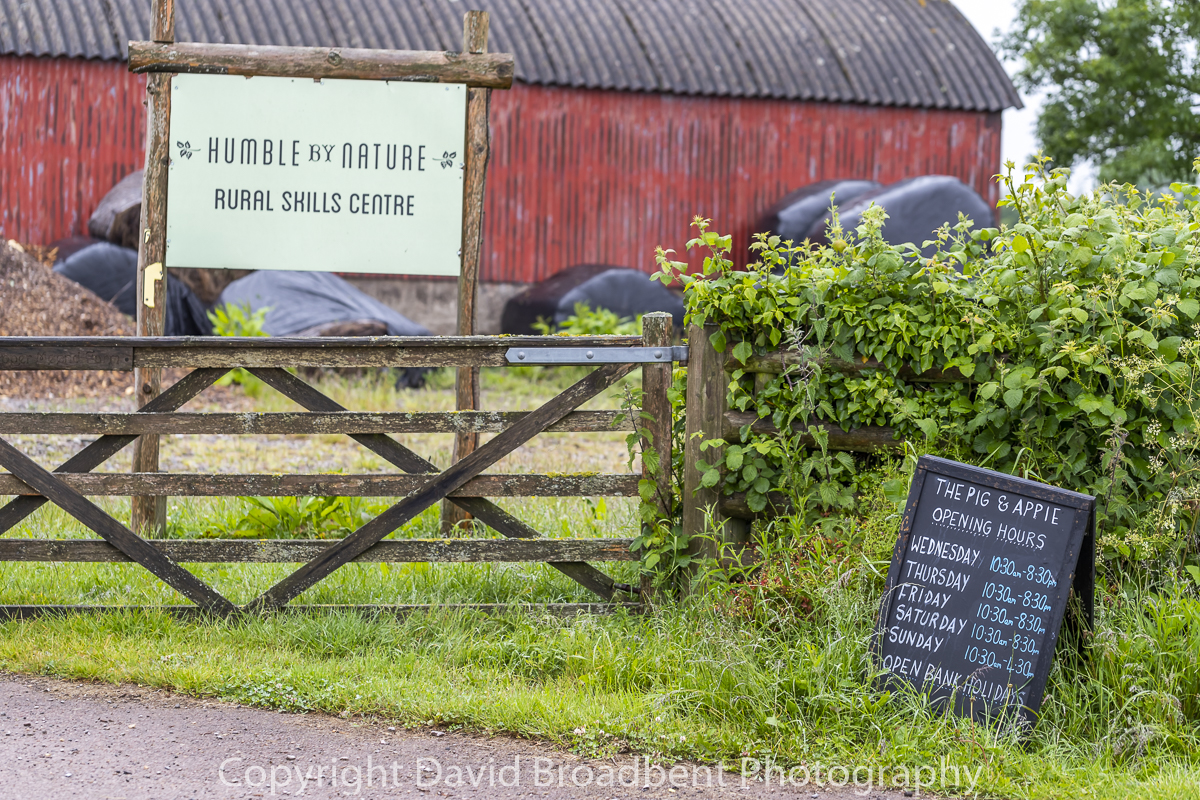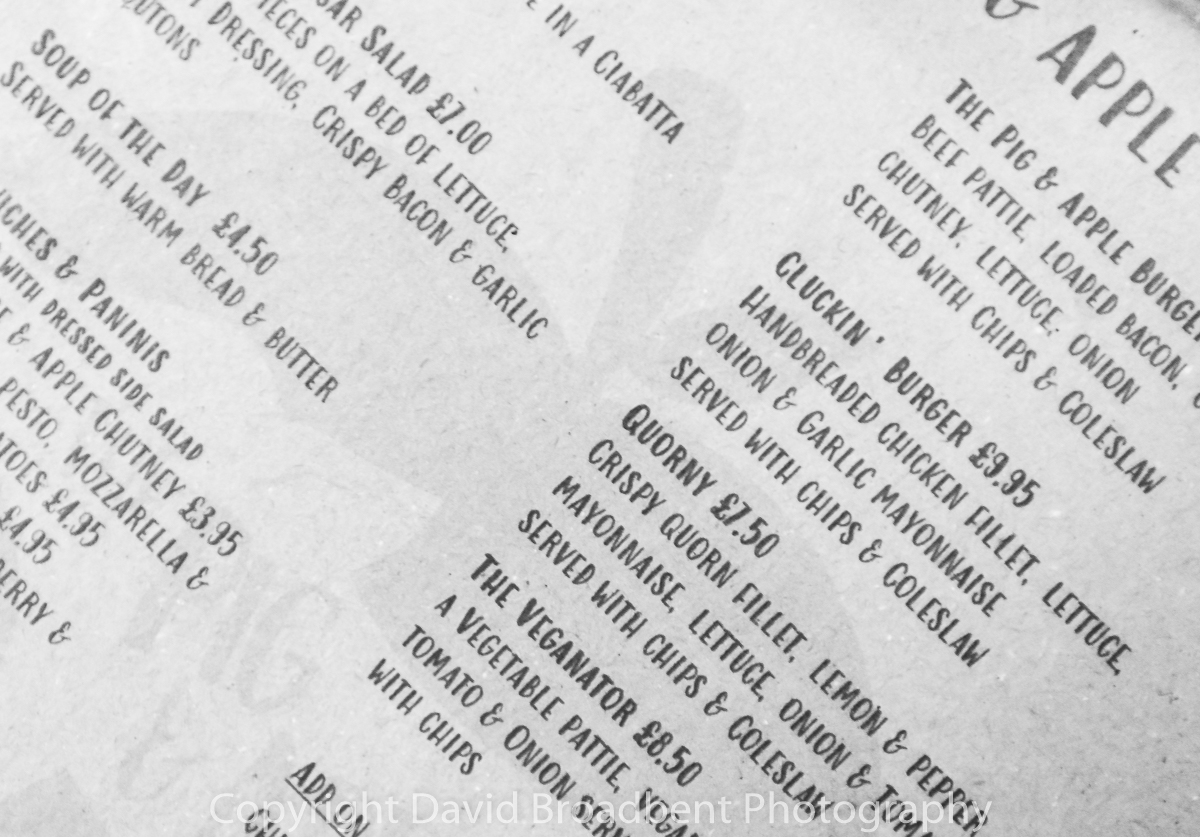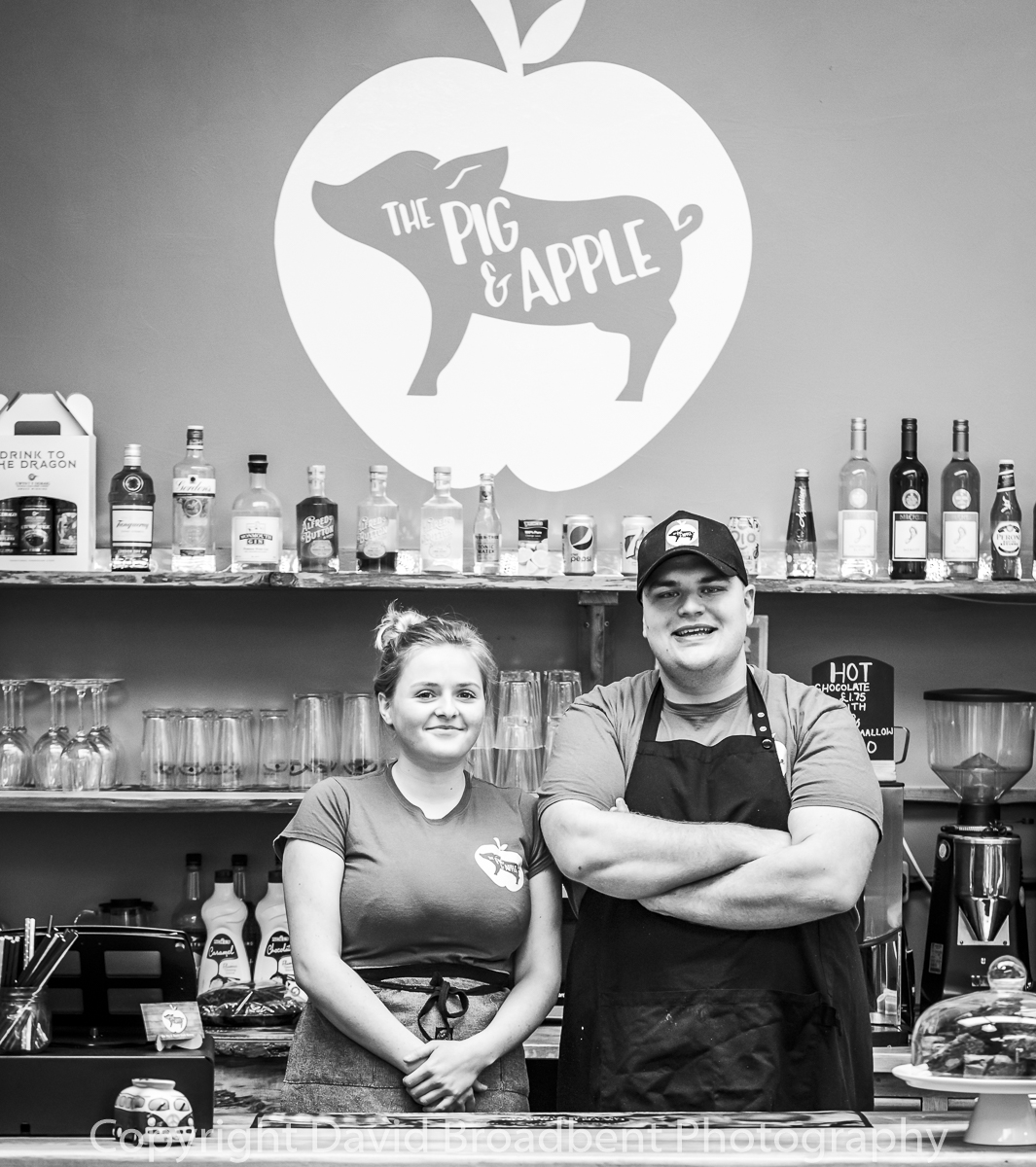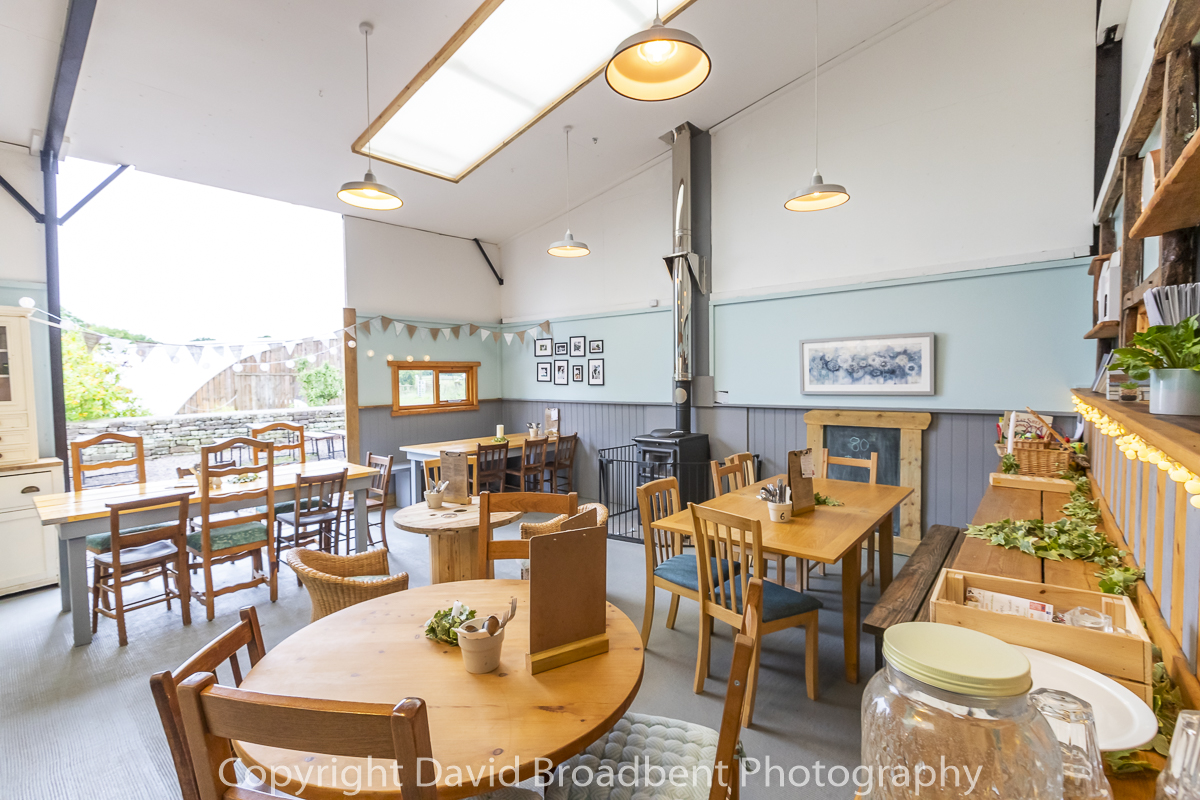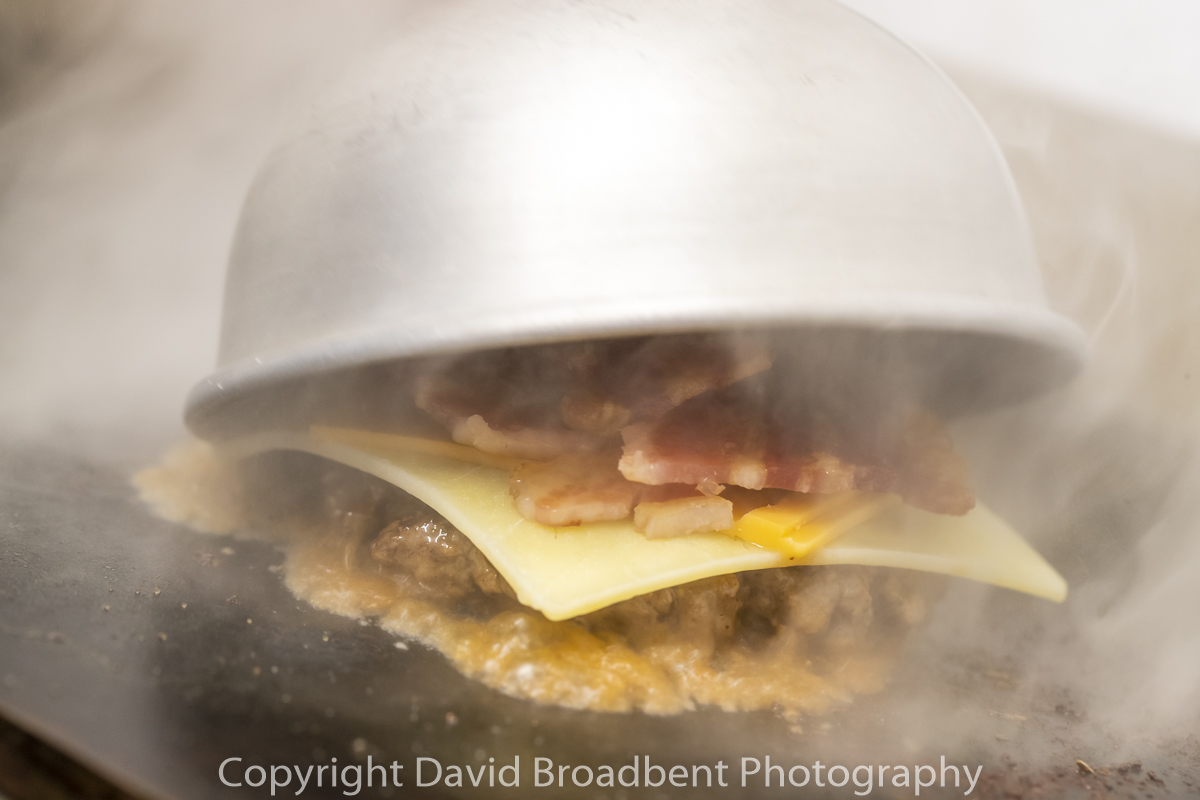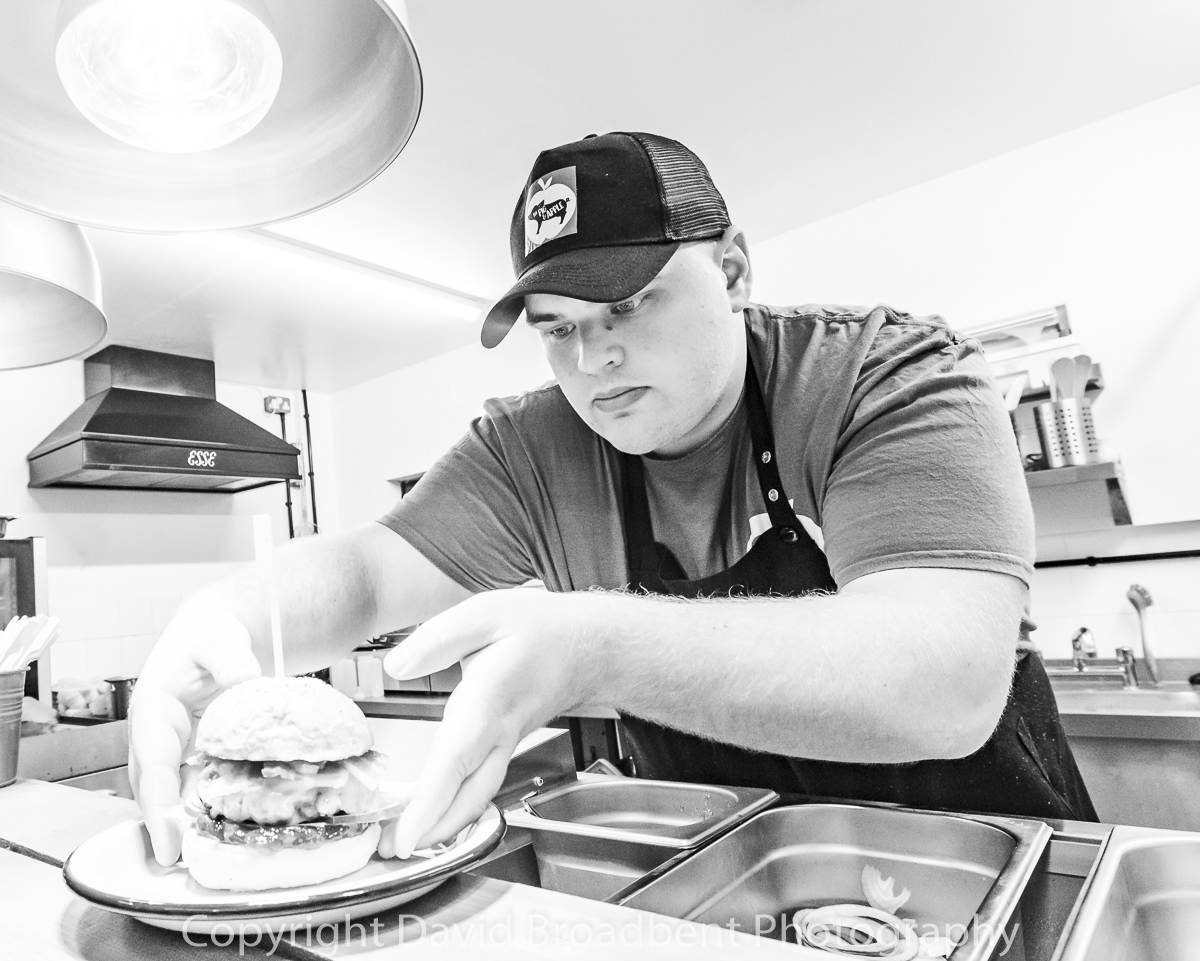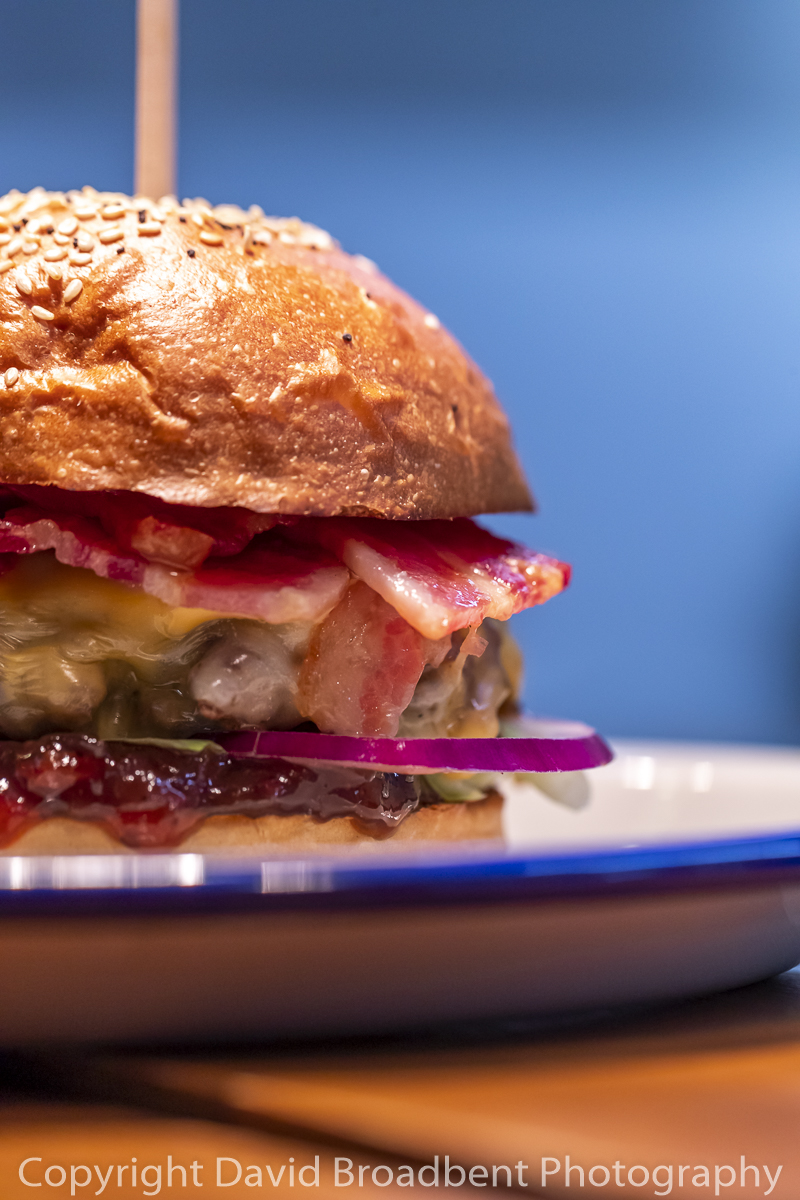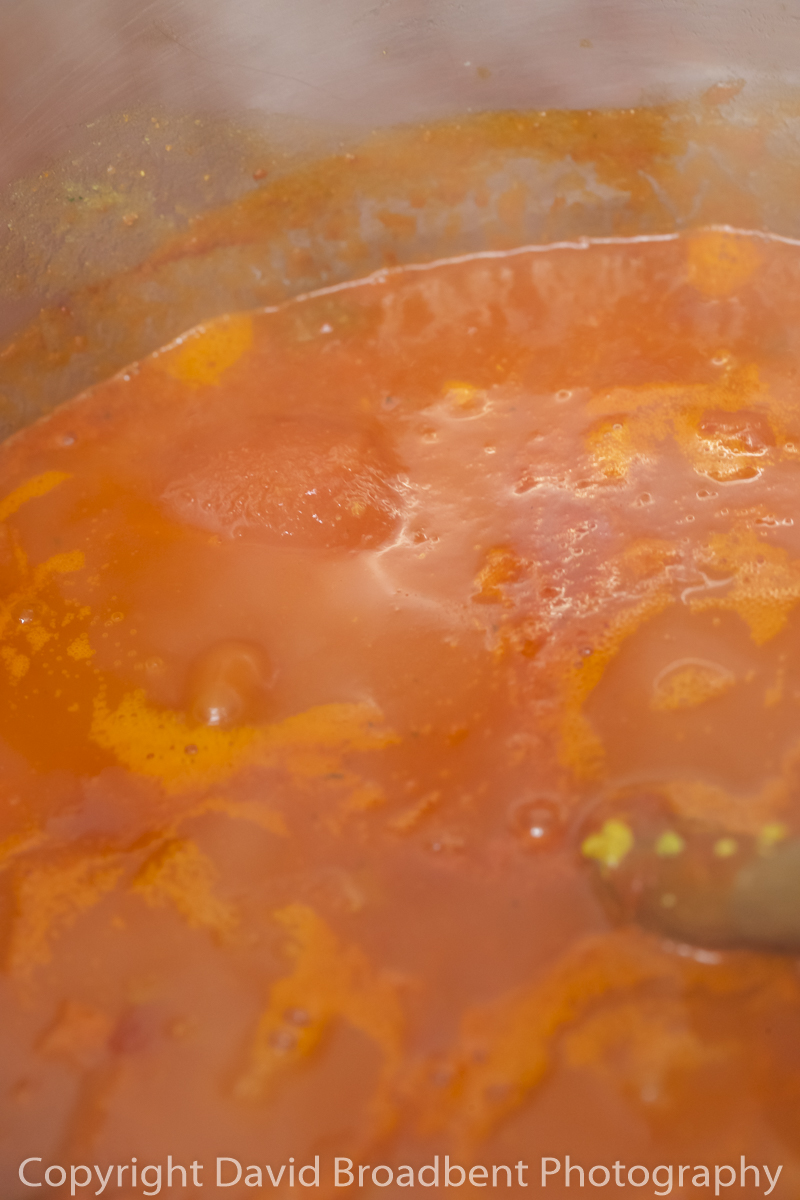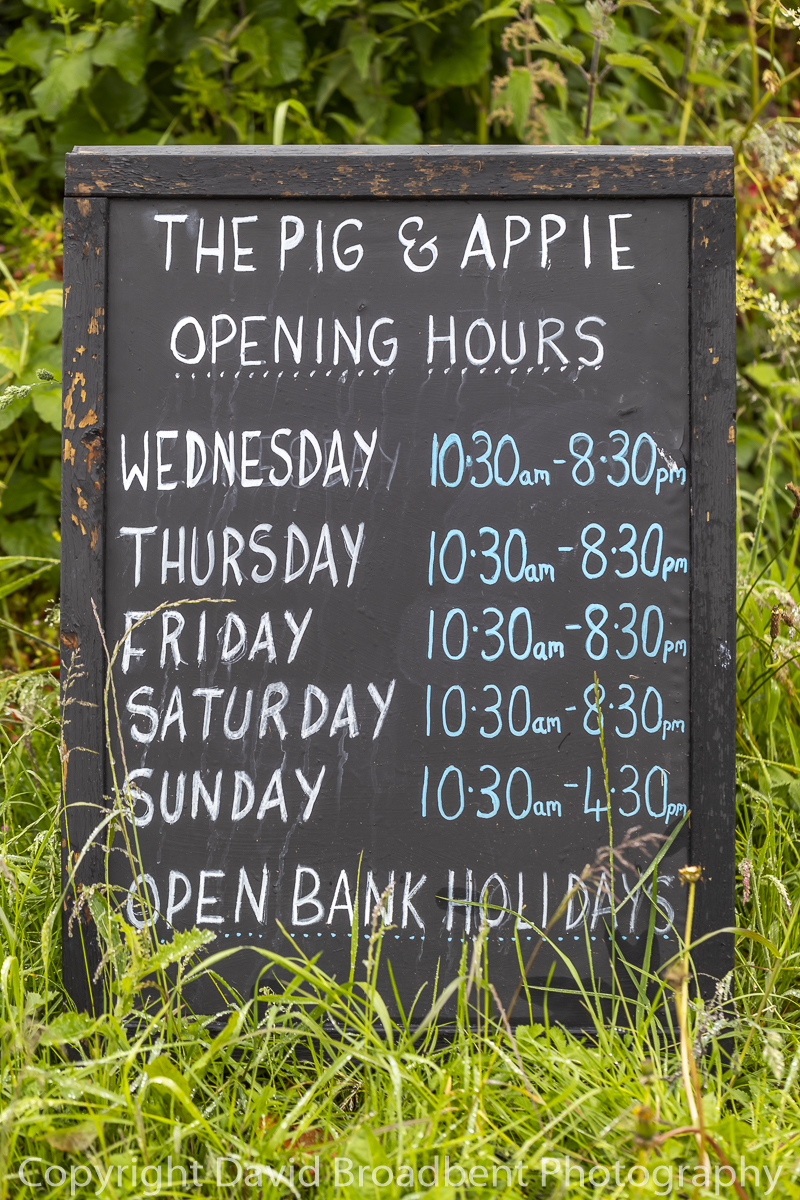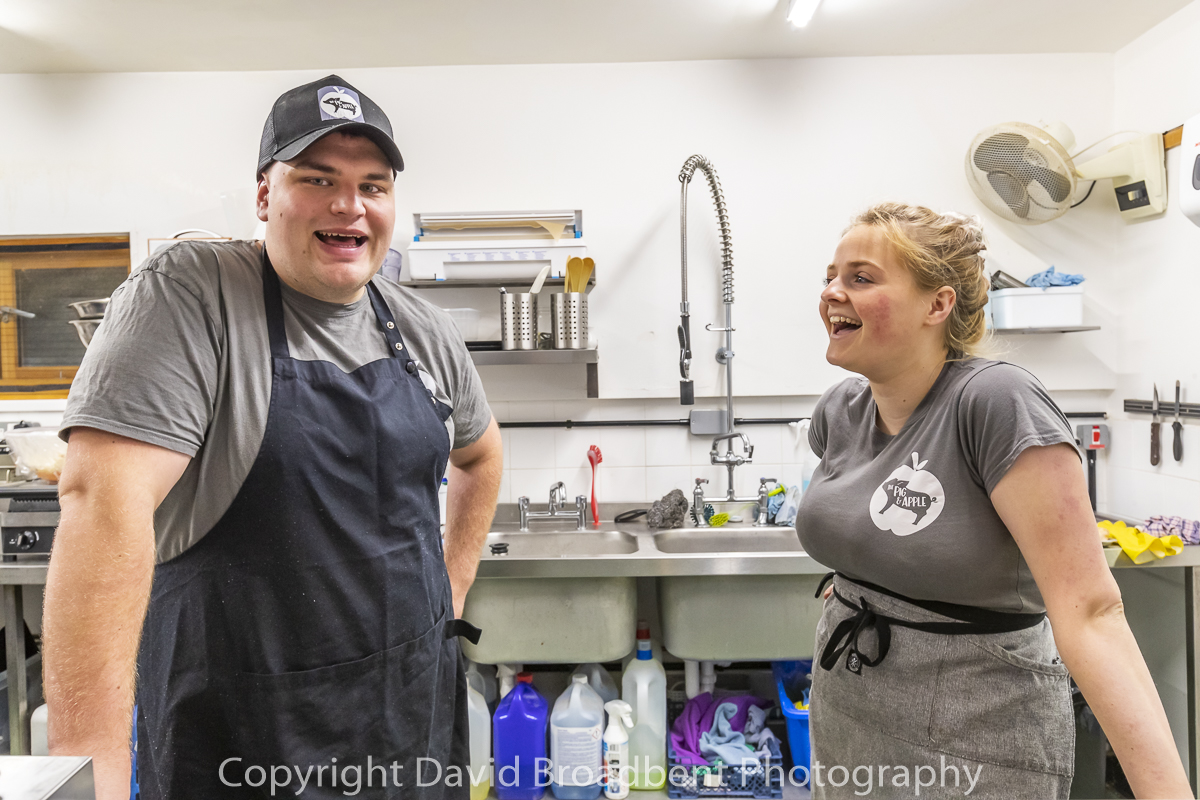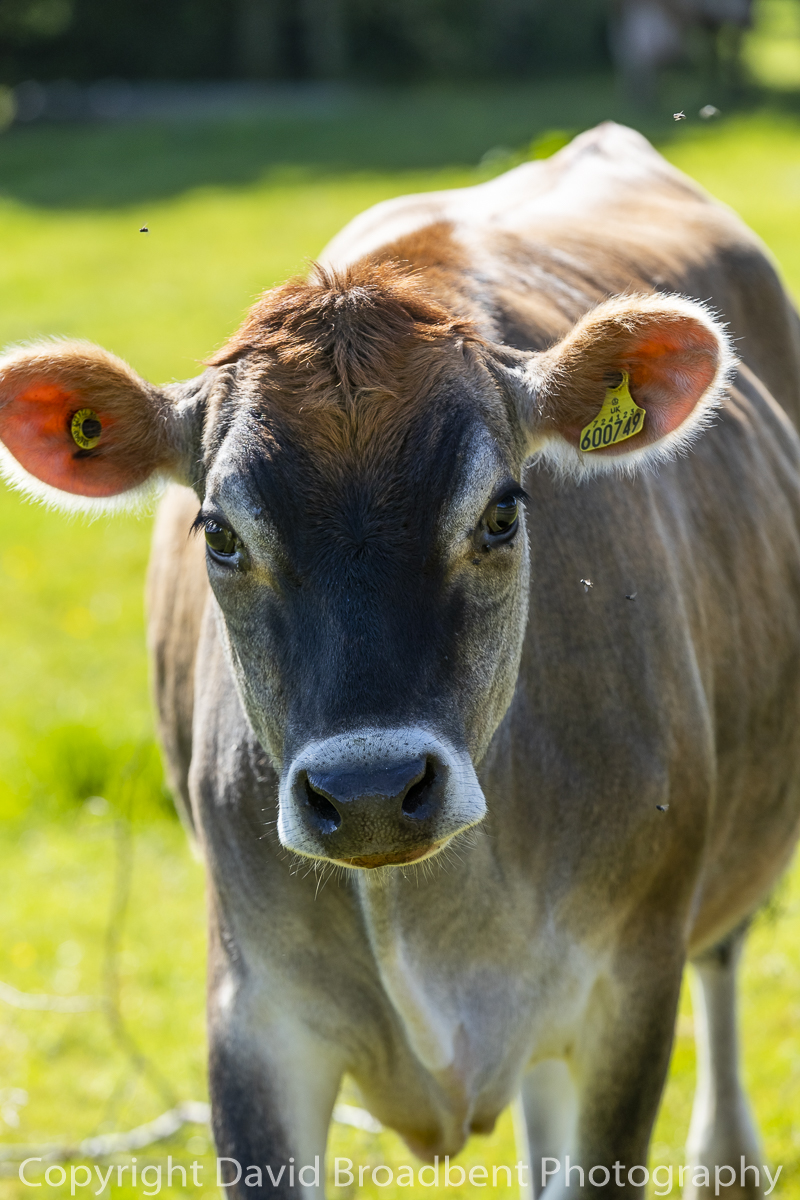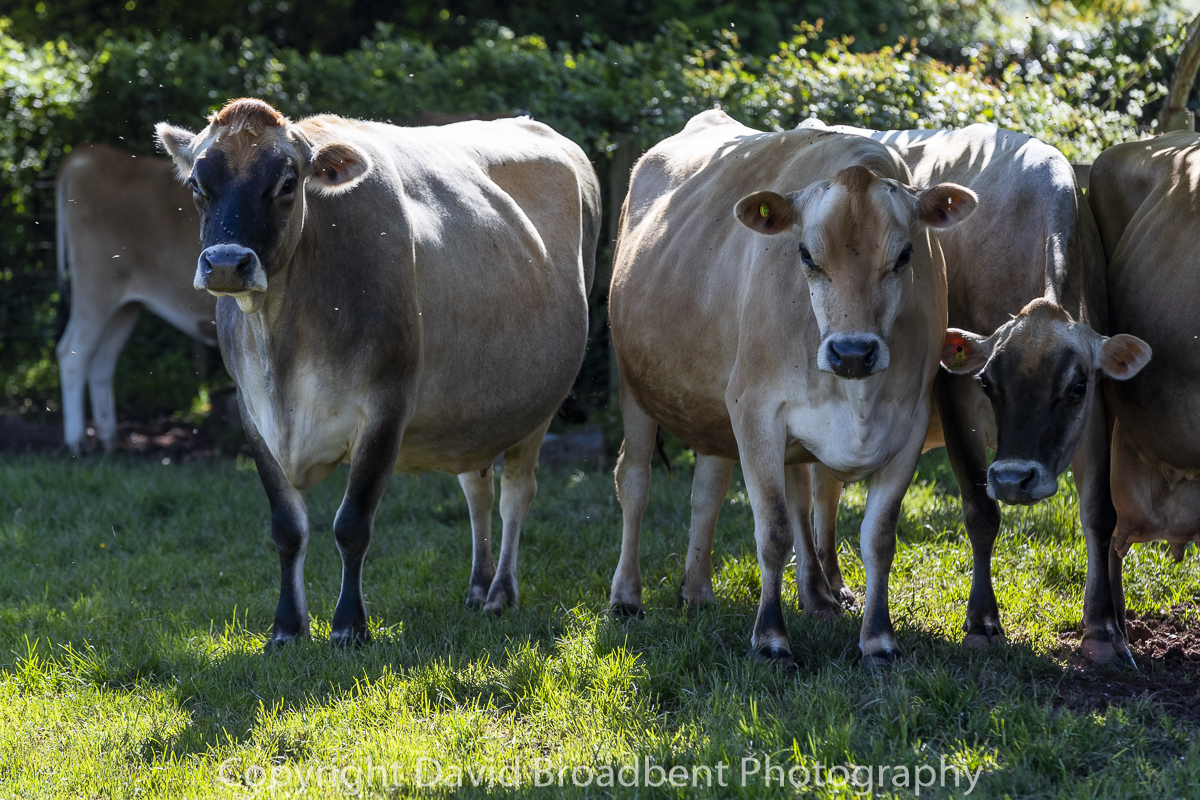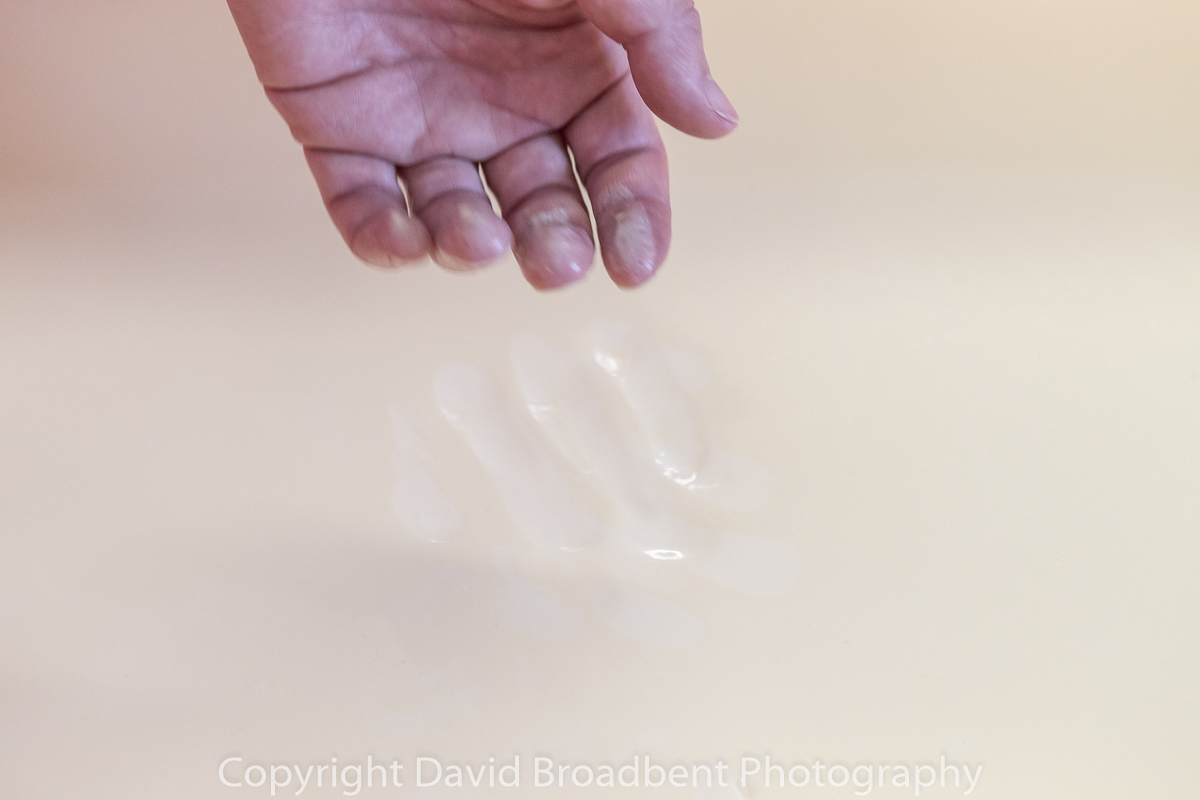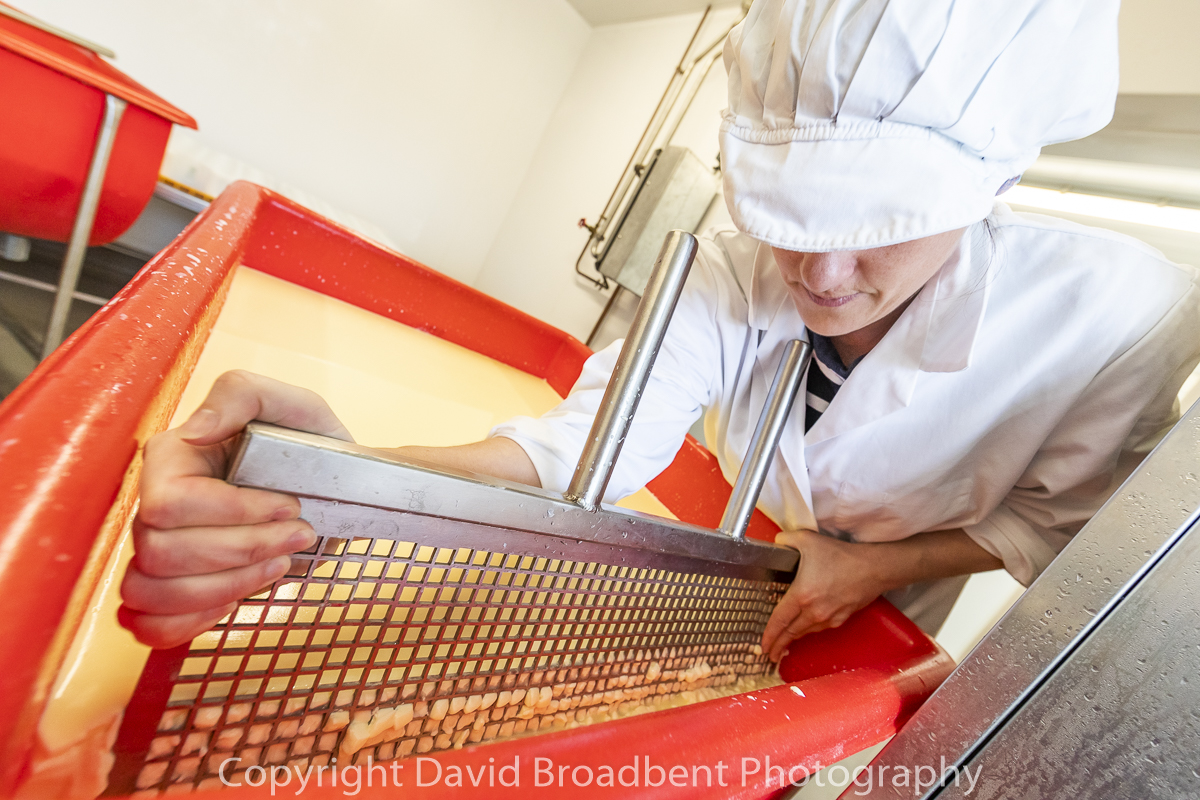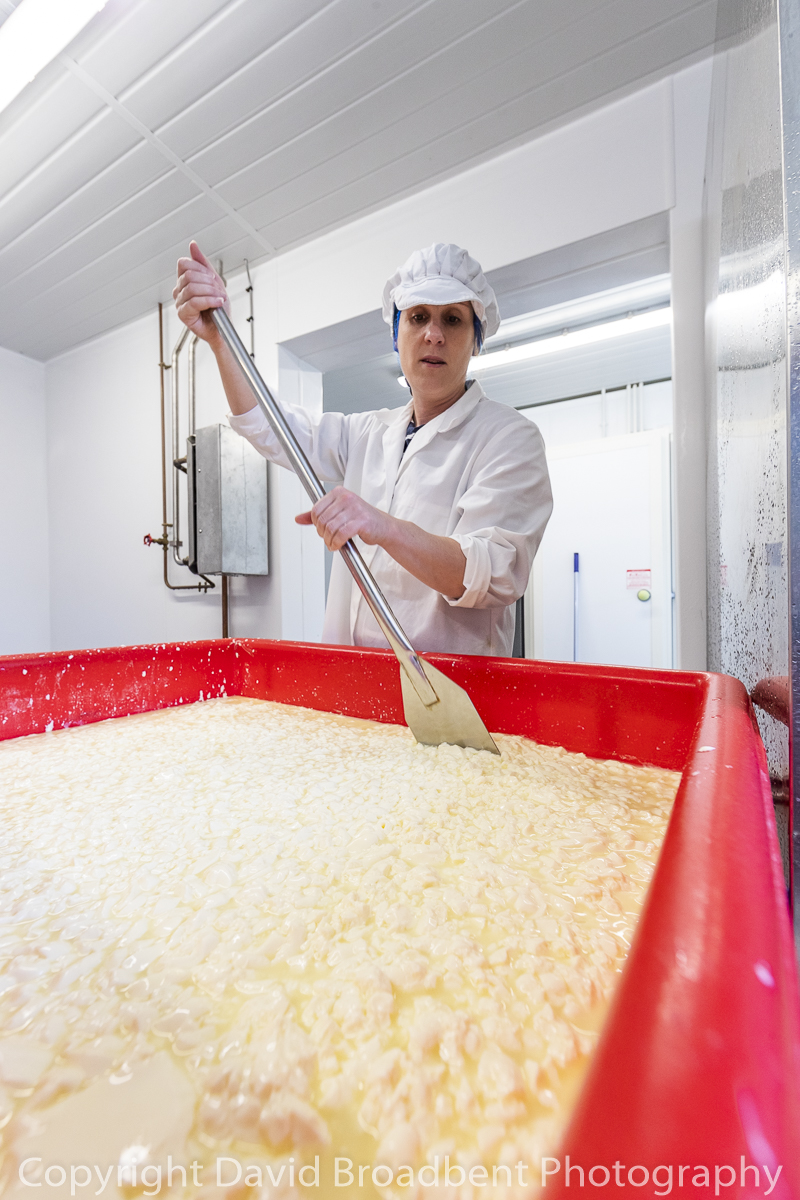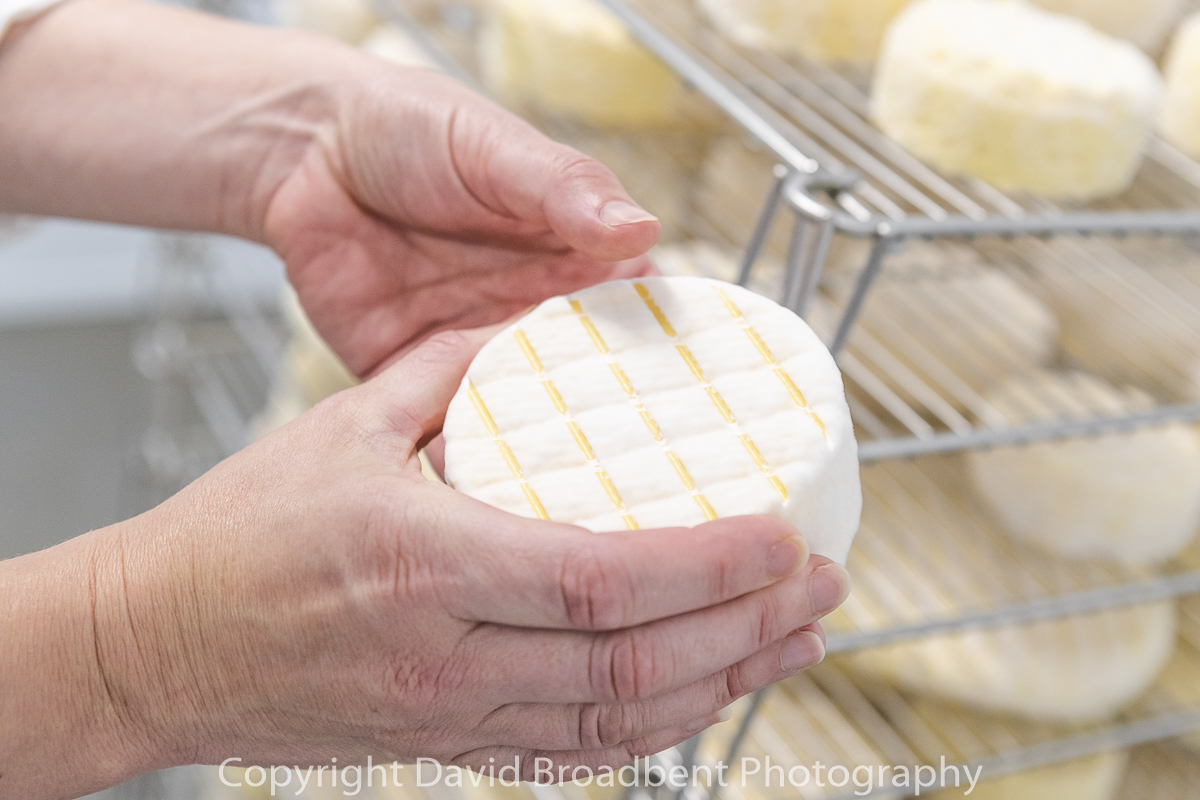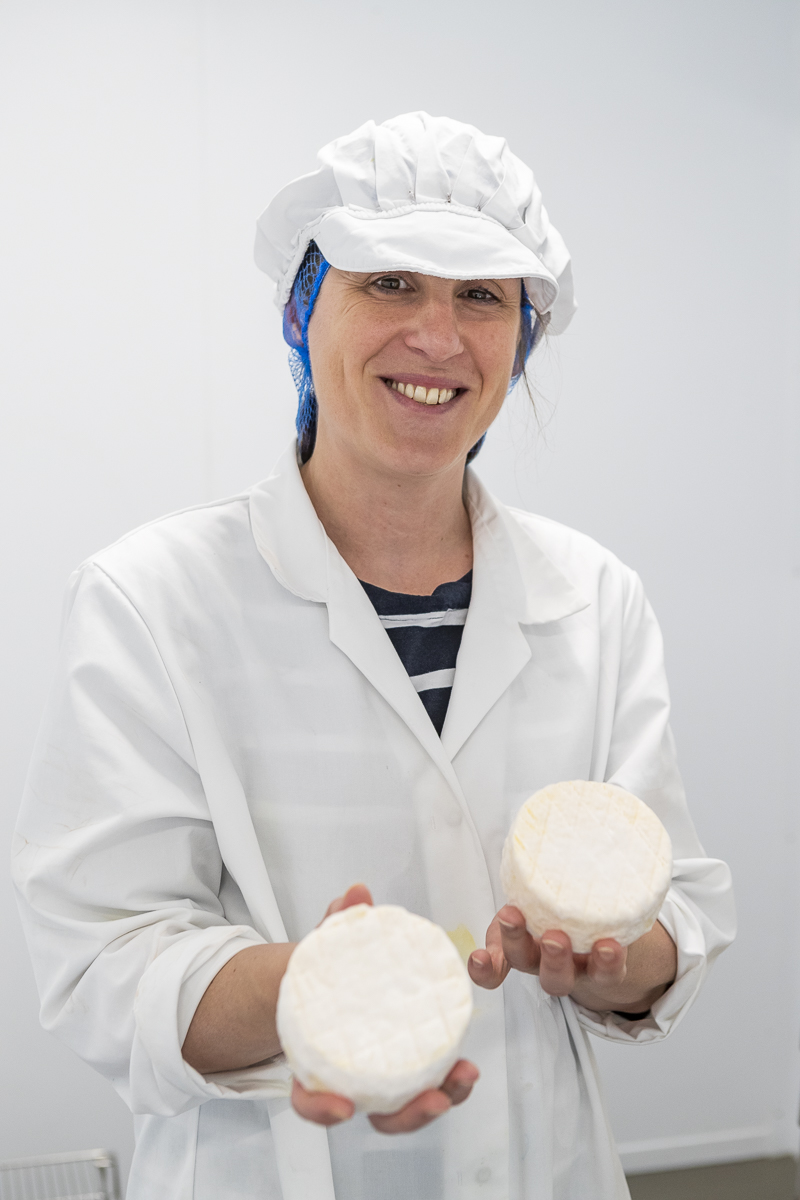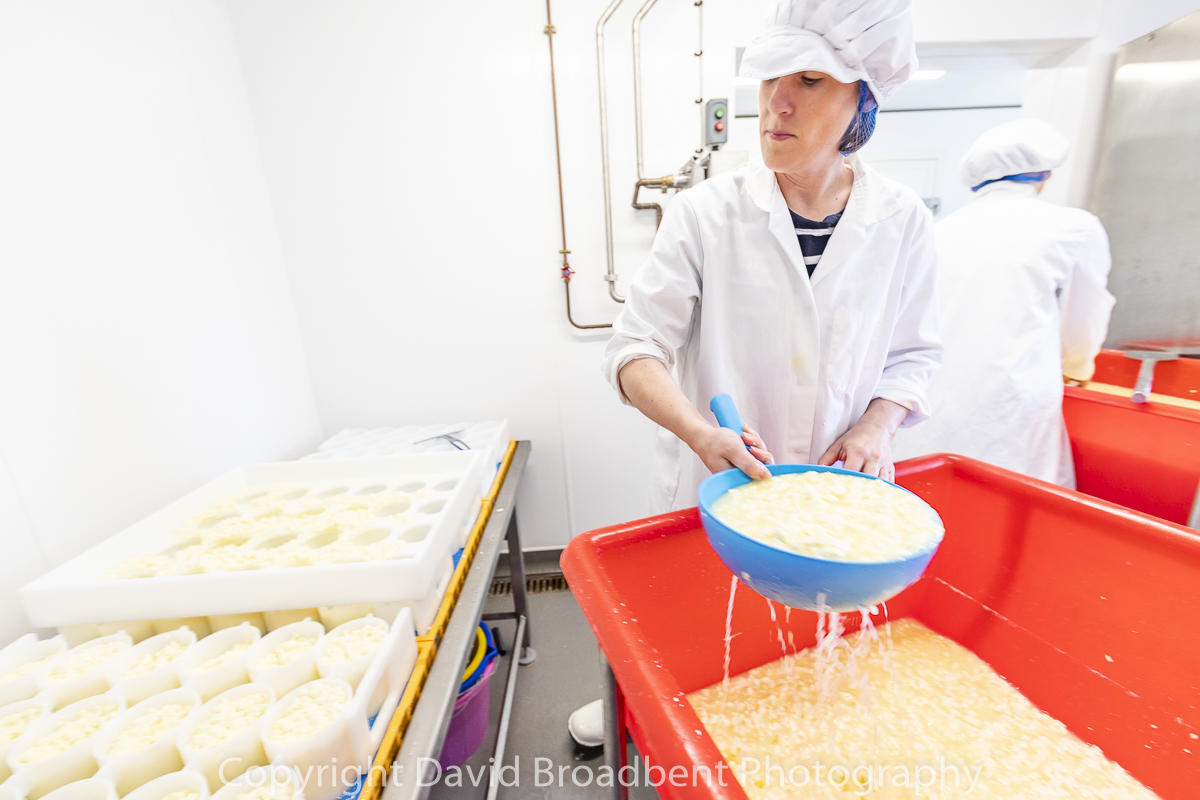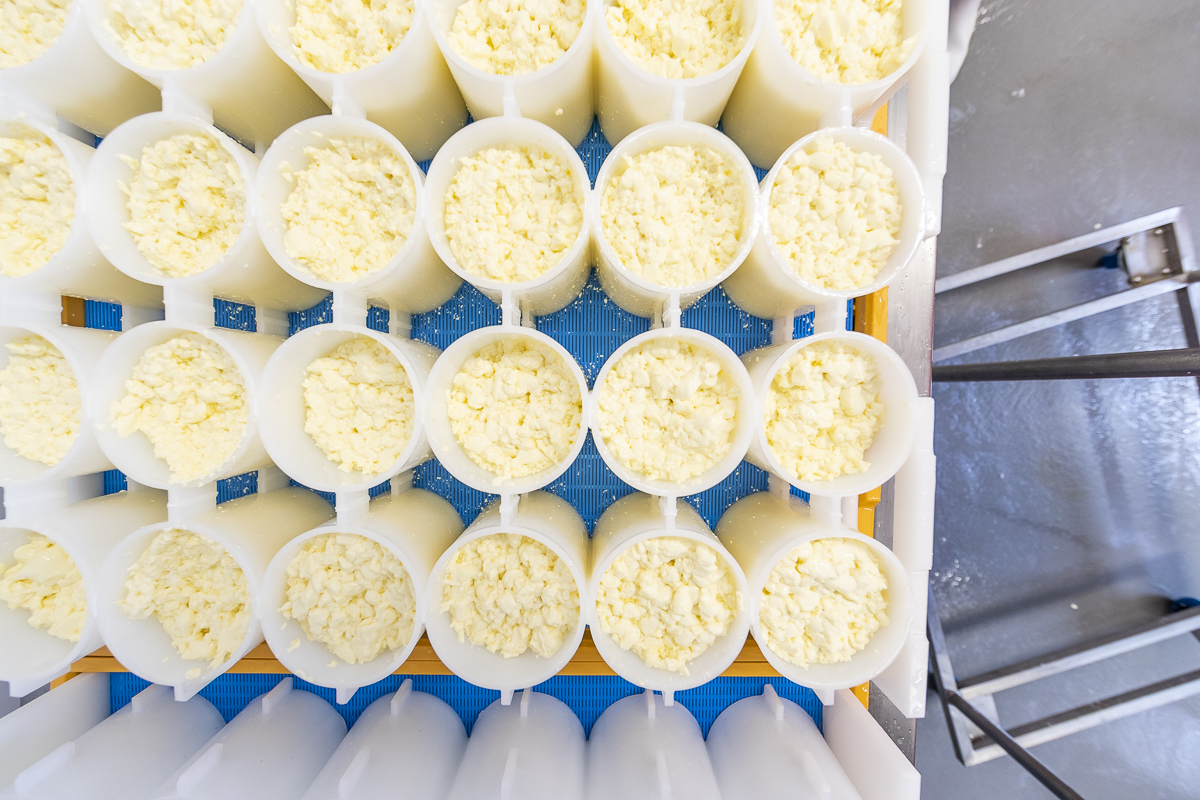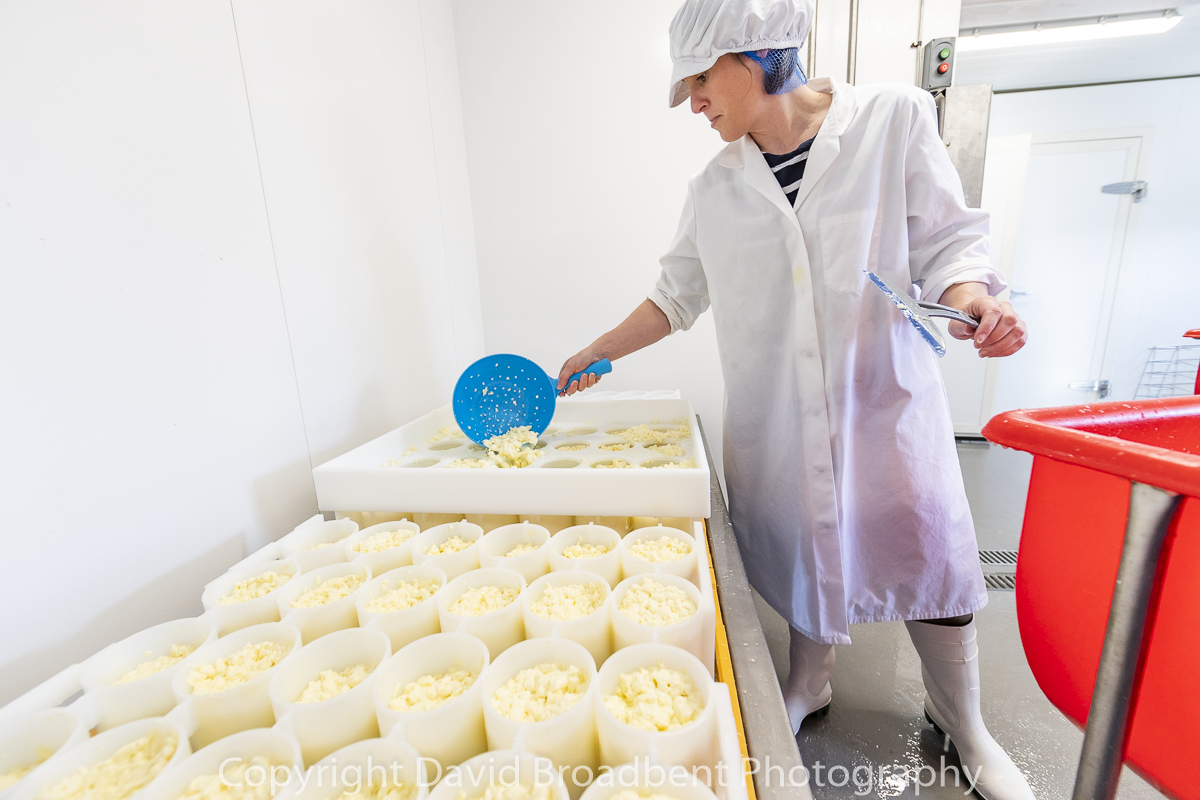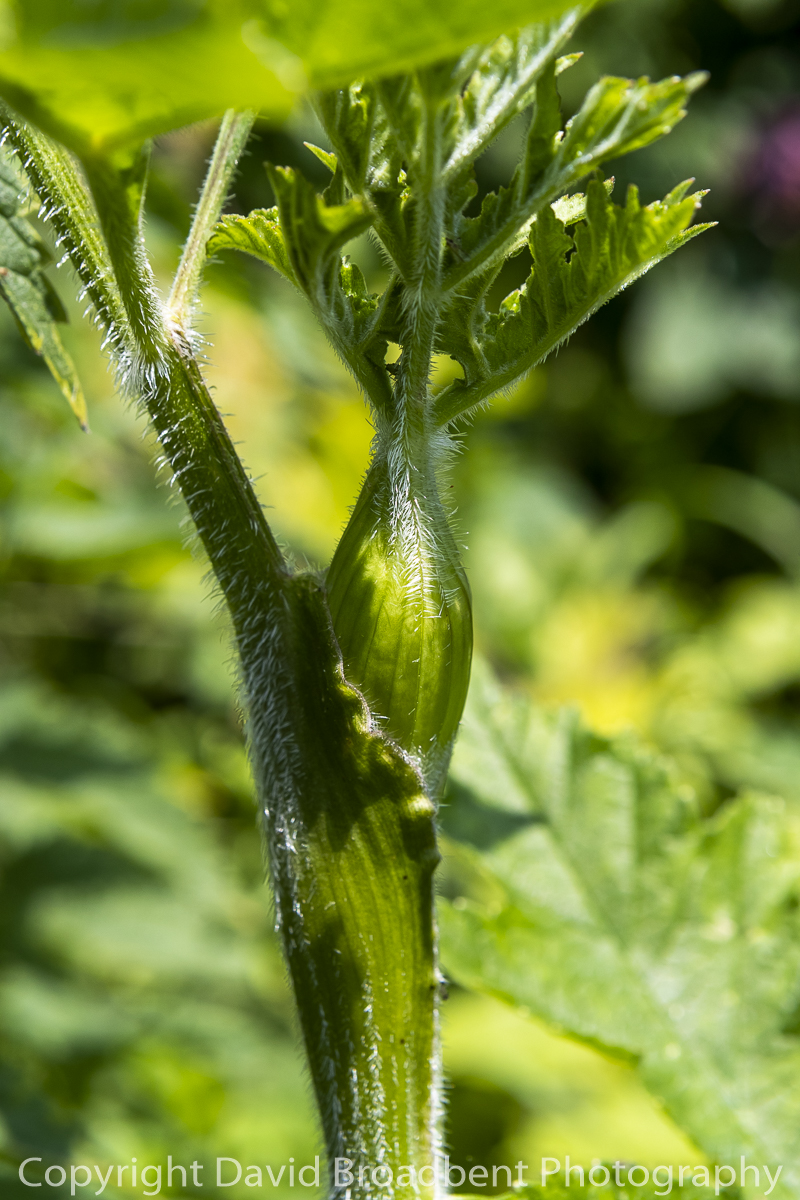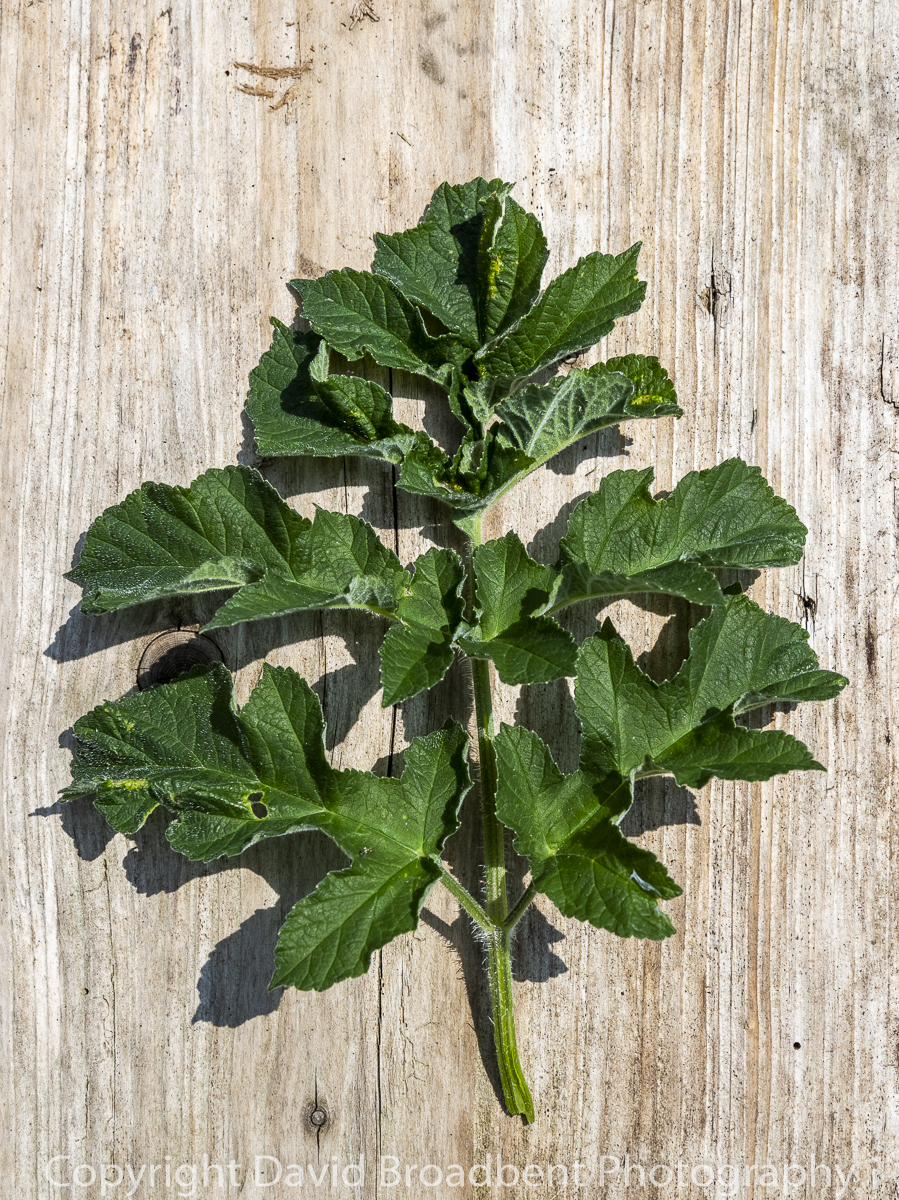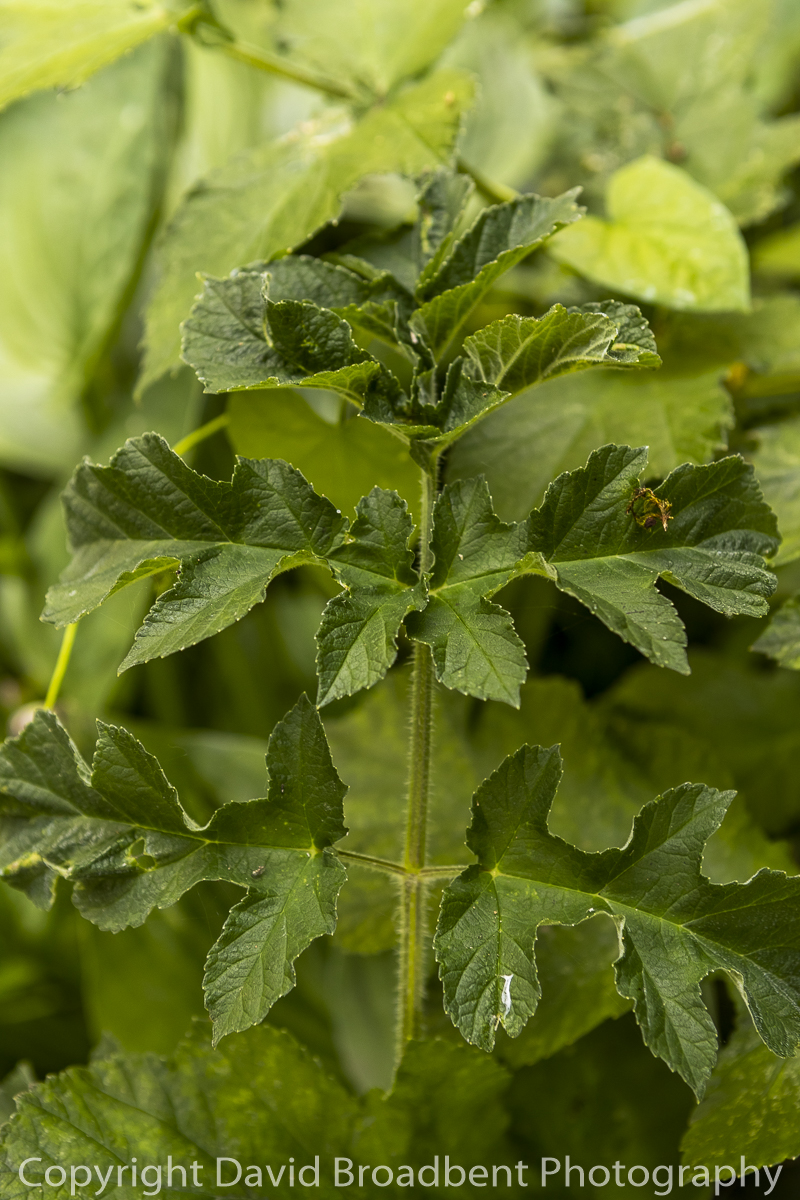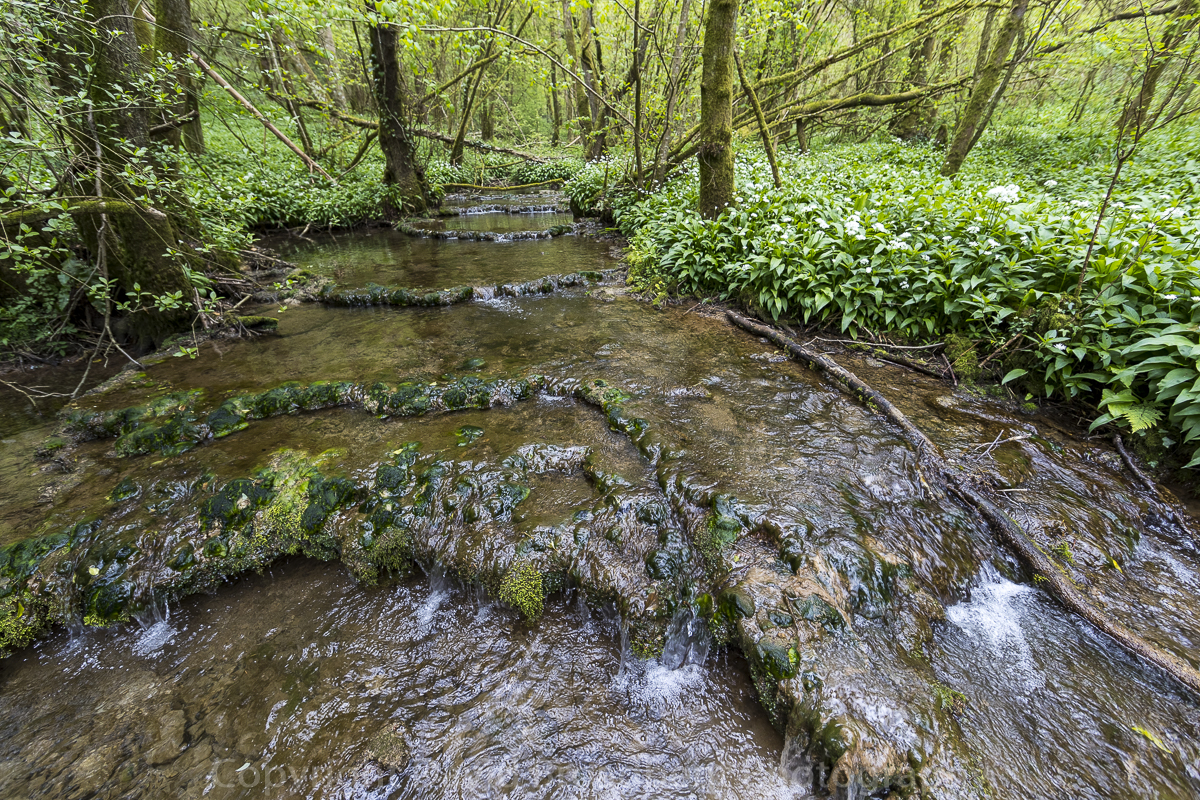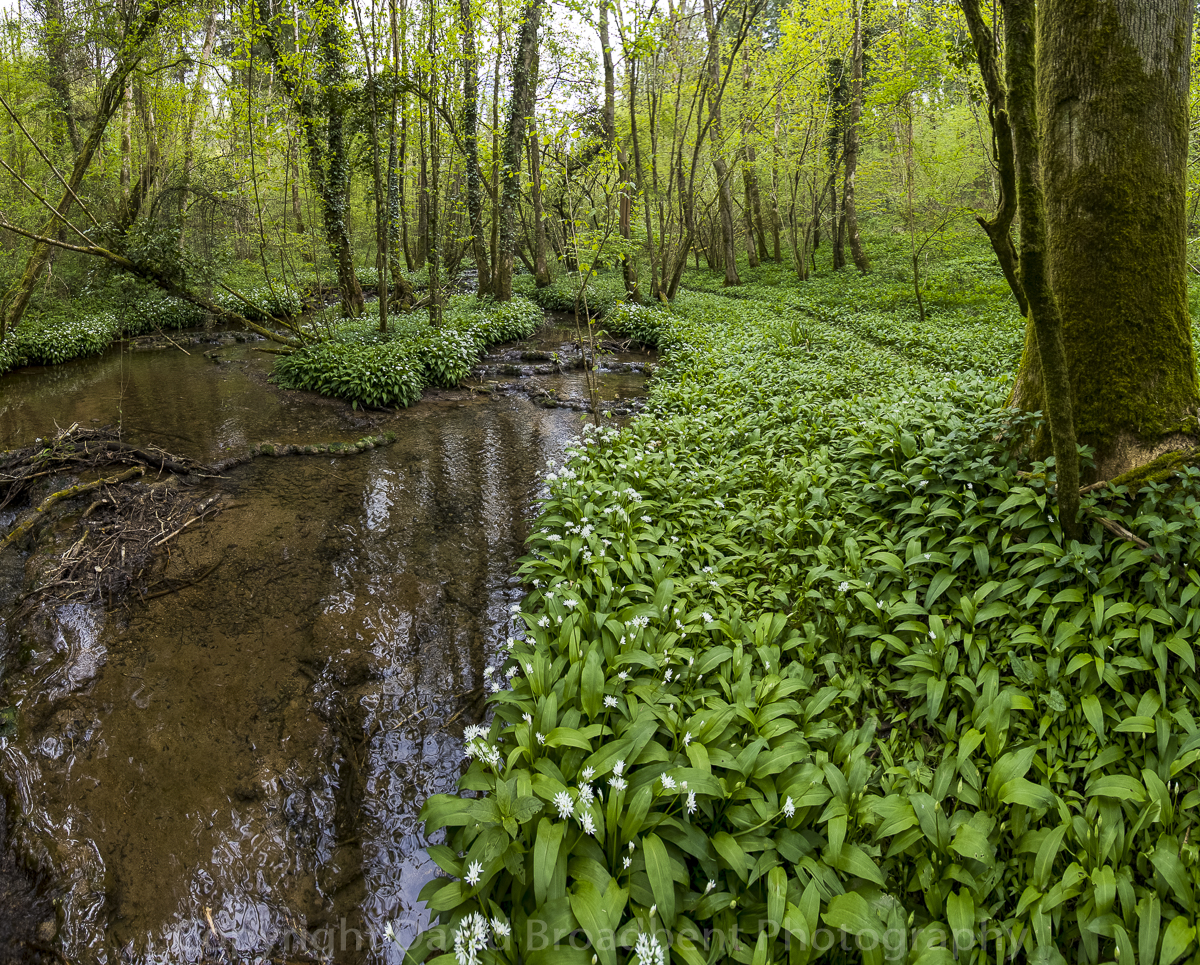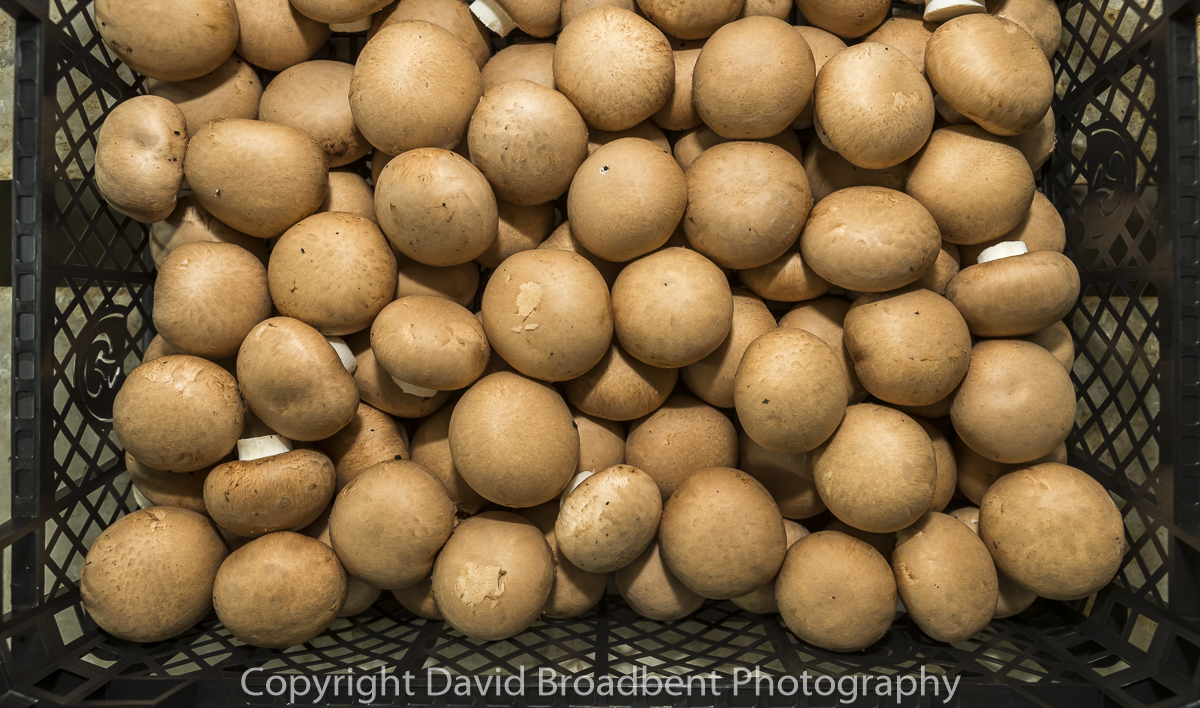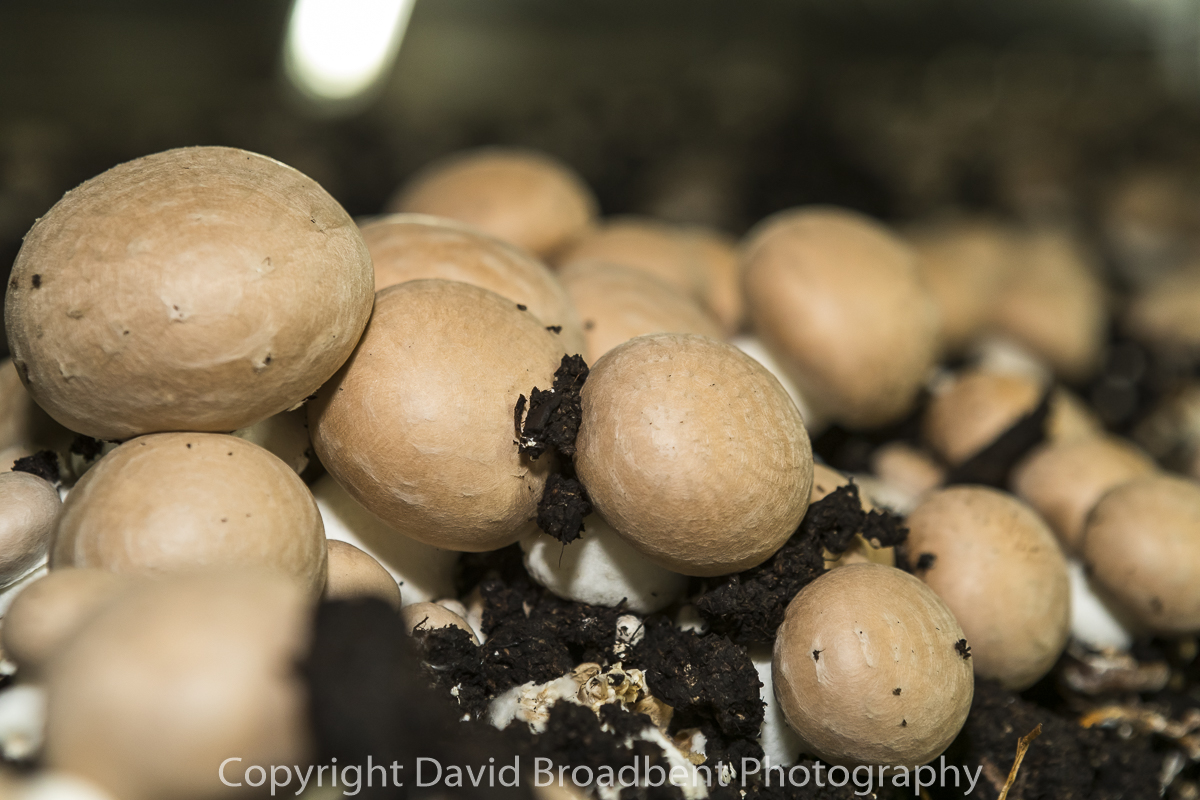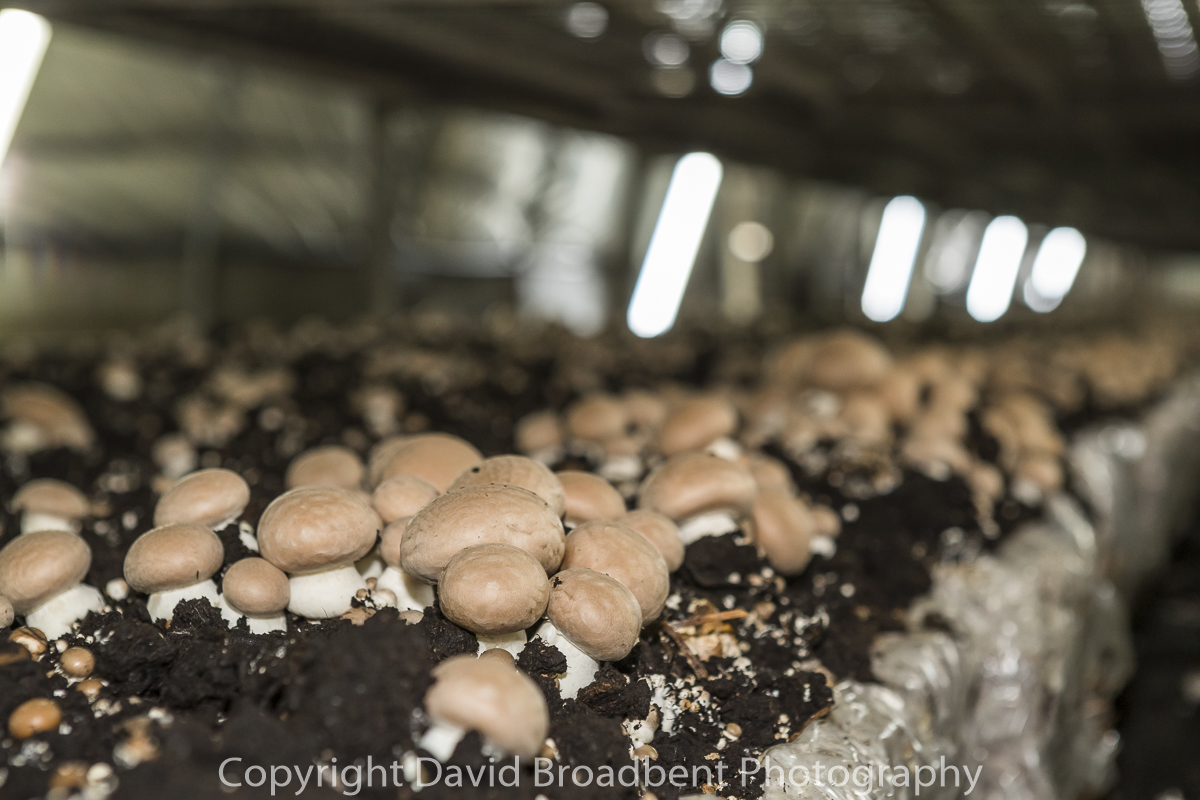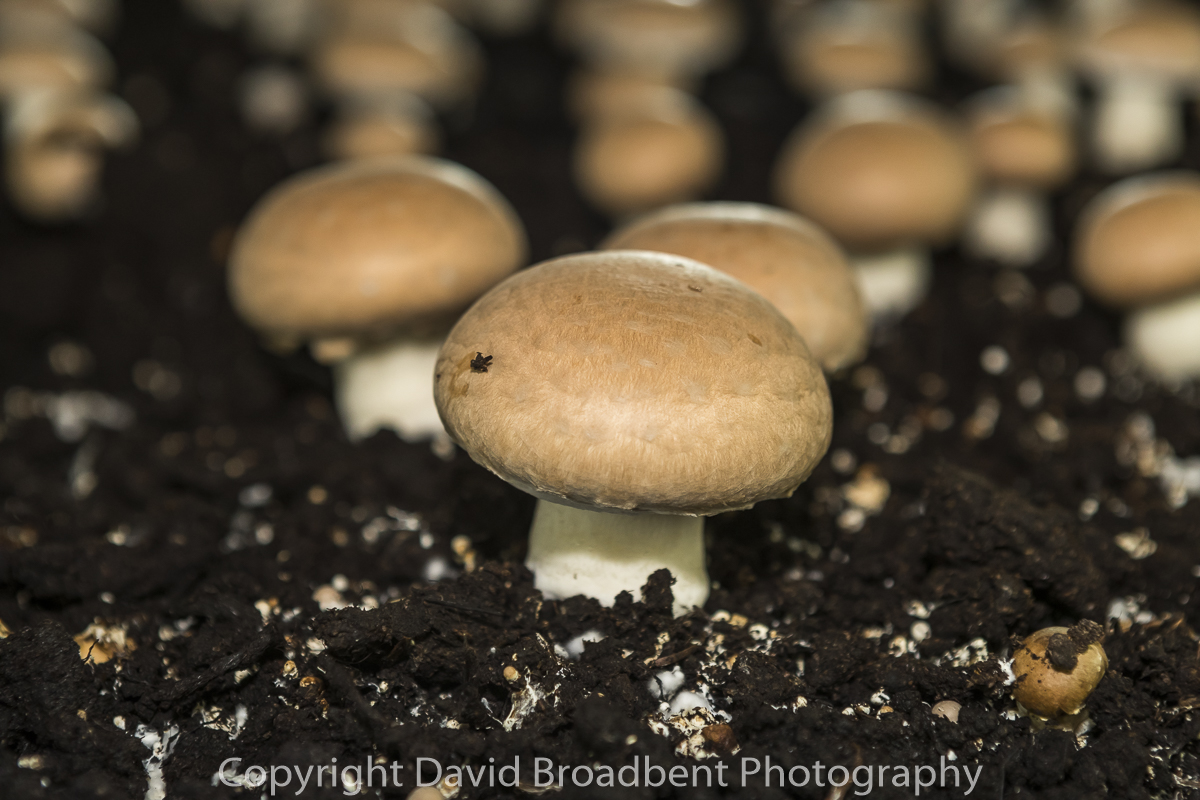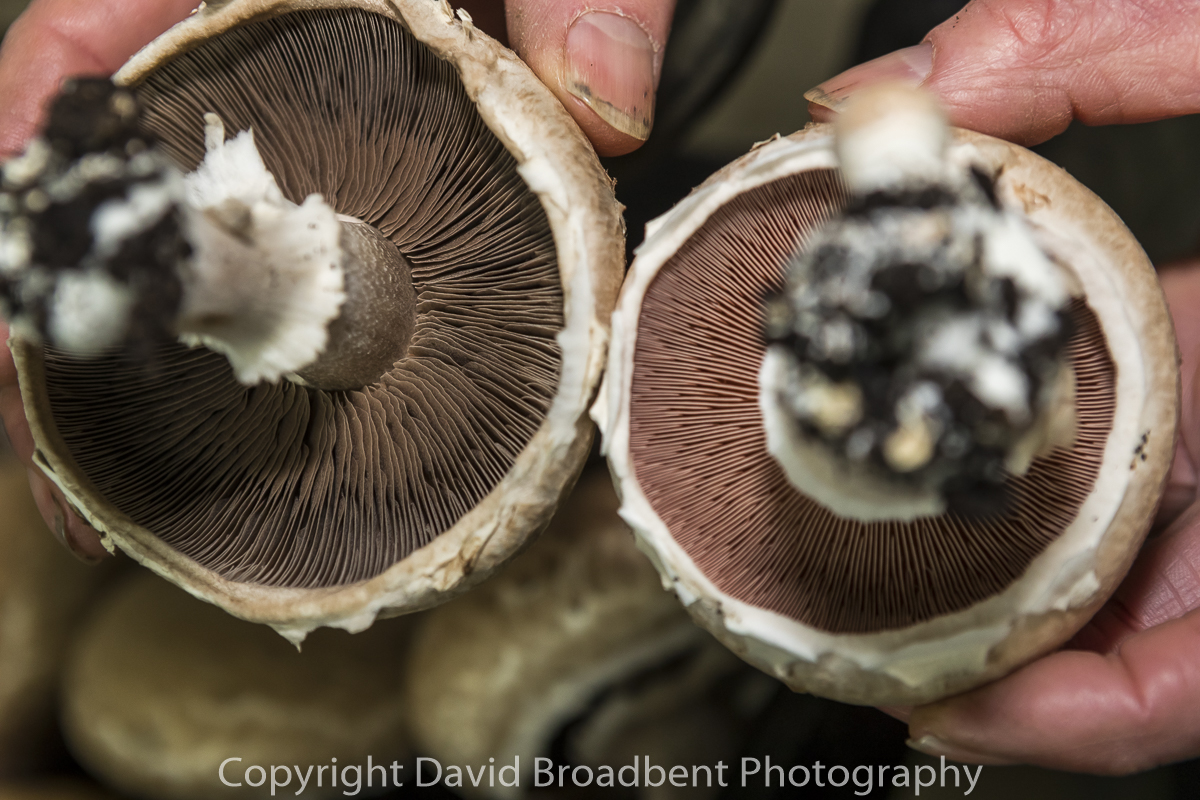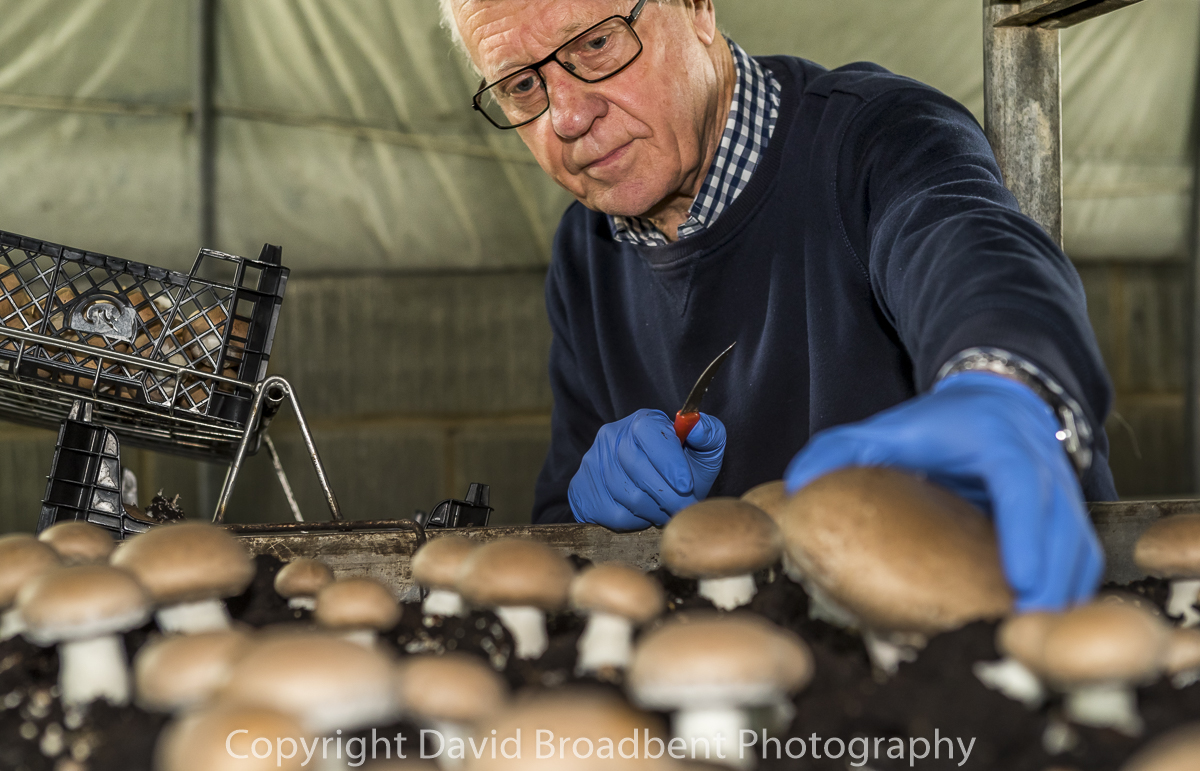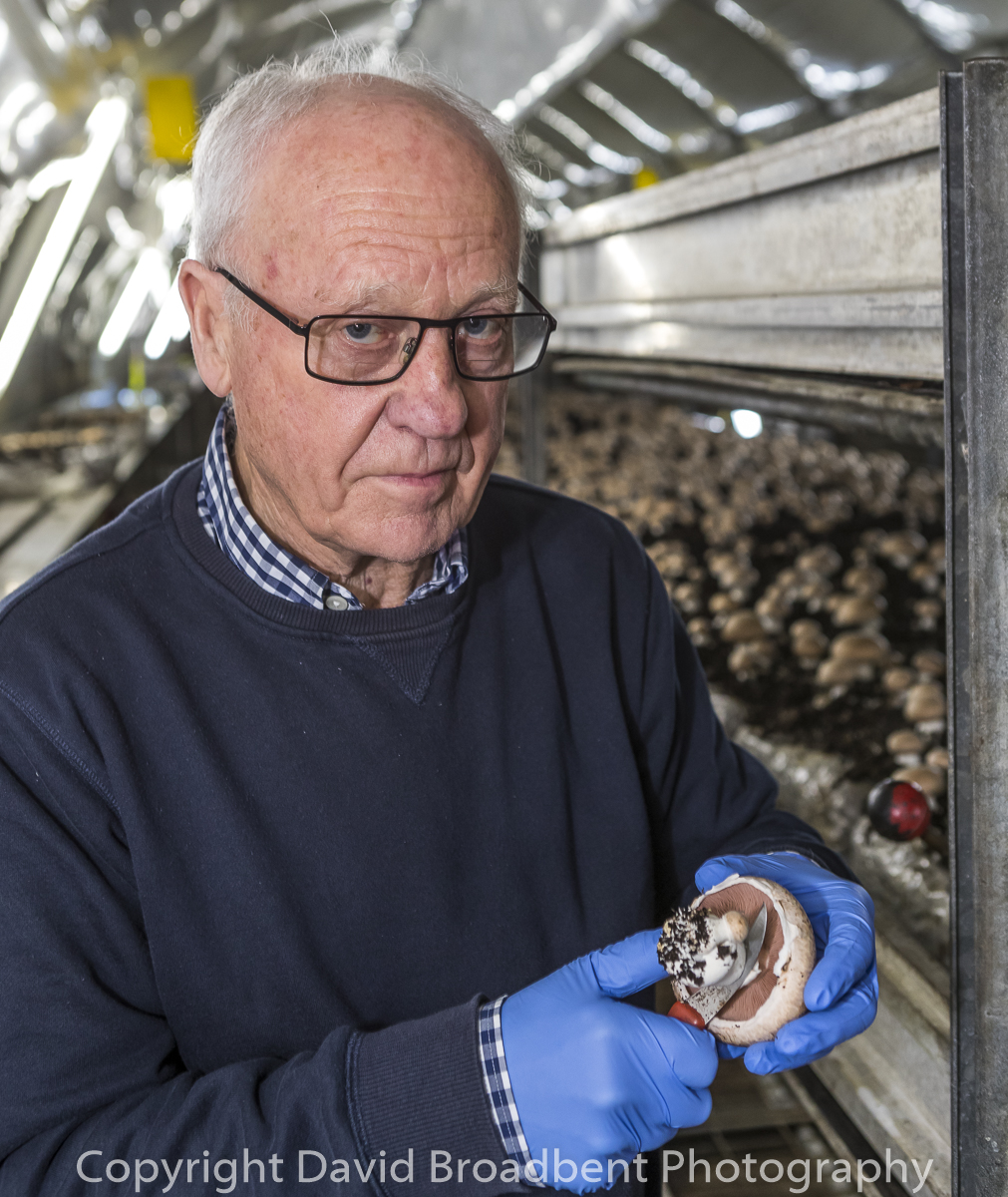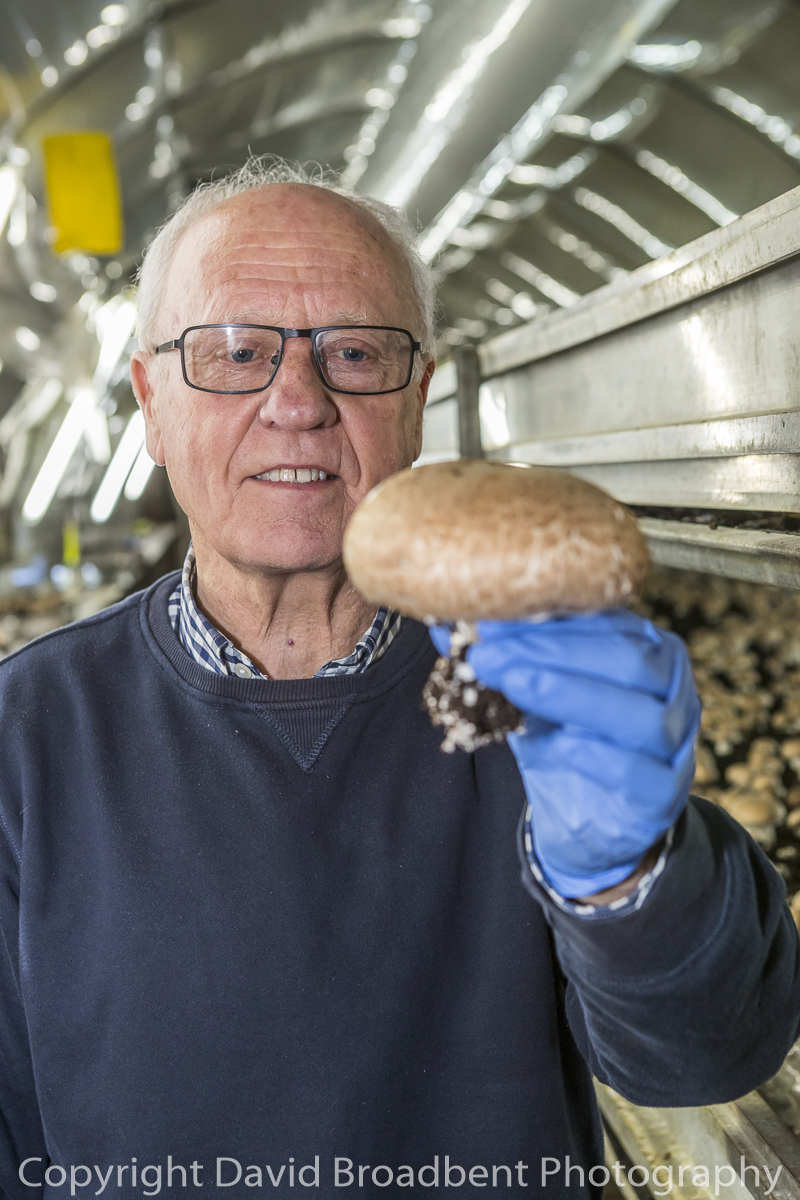
It’s 4.30 in the morning and the awakening Wye Valley dawn is a promising start to the otherwise wettest May on record. The air is fresh with the scent of dewy grassland and the fresh green leaves of late Spring. As I rumble along the sinuous farm track toward Brook Farm Bakery, baker Paul Grover is there in the gloaming to welcome me to his small batch sourdough bakery. His nascent baking corporation is based entirely within the small family kitchen! Don’t be fooled. This new baking HQ belies his recent start in the supply of bread to the local community. From small acorns…… Paul maybe new to commercial baking but this is no table top affair. Great food producers, and this is truly great sourdough bread, are marked out by their subject expertise, passion and pride. There’s the impressive small batch oven. The bakery organisation, the cold proving fridges, timers, alarms and his strict adherence to his pre-planned schedule, scribbled just about everywhere. All of this says “serious”, serious about producing the highest quality sourdough and serious about breadmaking. Like all great producers, he is also a well-read student of his own discipline.
The tables have turned on this former lecturer in architecture as he now discovers the thrill of learning new skills and developing his craft at the hands of inspiring mentors. All of this is based in, possibly, the most idyllic bakery you have ever seen in your life.
Paul see’s himself baking a couple of days a week to serve his stockists at Cowshill Farm, The Pantry at St Briavels and Brockweir Village shop. His Bread Club customers choose delivery (within 5 miles of the bakery) for a pound or collect at the bakery door. The rationale being that’s how he wants to do it and, in any case, properly made sourdough will last all week.
There is a recurring myth in business. It’s called growth. Economists, traders and politicians are obsessed by it for wholly different reasons which basically all boil down to the same thing – money. But if you believe that business can be sustainable whilst supplying a living wage – what is wrong with that? After all, “Baker” – one of the oldest of trades imaginable. One of the exclusive group of trades that gave rise to British surname dynasties. No one in ancient Britain was called Baker until someone made a bigger oven and began allowing local working people to use them.
It’s really refreshing to hear someone say, and mean it, this is it. This is as big as it’s ever going to be. A couple of bakes a week and that’s all she wrote. It’s sustainable business with a long pedigree.
Some time ago, I noticed in the Pantry village shop in St Briavels a rice sticker on a loaf of sourdough from an unfamiliar brand. I took my loaf home and tasted it. I knew instantly that I needed to meet the person who had made it. I’m a massive fan of proper bread and sourdough in particular. Brook Farm Bakery make proper sourdough bread, earthy and solid and verging on a bakers deep-bake colour with a great taste and texture.
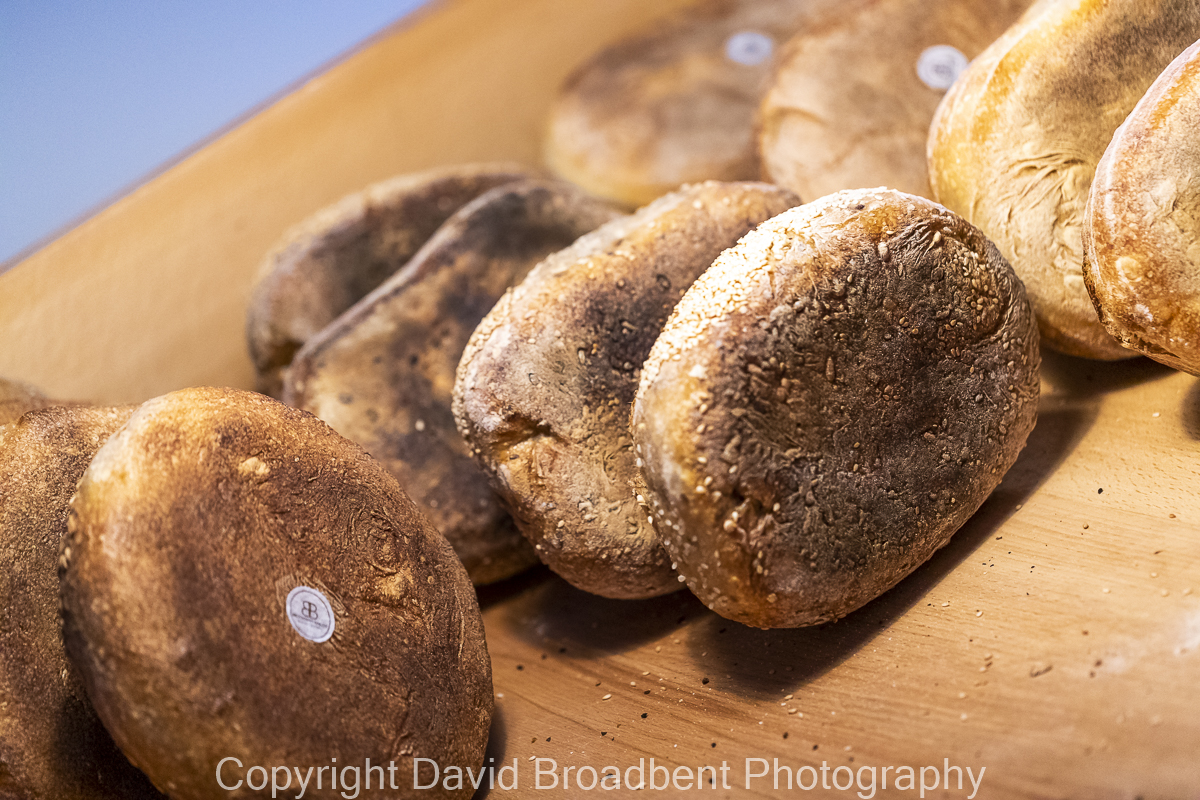
Great bread, and in my humble opinion, and this is great bread, is made by people that set out to do just that. Paul is both student and master of his craft. Brook Farm Bakery’s range includes, farmhouse, spelt, seeded and olive sourdough recipes all of which taste as good as they look.
Starting this type of business is always exciting and scary in equal measure. You know you can make it, you’ve made it in a Dutch oven in your kitchen and your friends raved about. They implored you to scale it up and make it for other people. You know it tastes good because you like it. But one loaf at a time is never going to feed the five thousand. Now there is a leap. A leap to scaling up (not in this case in the conveyor belt sense of the term) and now comes the inner self doubt. Is it that good? Am I that good? Will people buy it? What if they don’t like it? What if someone finds out I’m not a proper baker? If I’m wrong, we can’t eat 12 loaves a day.
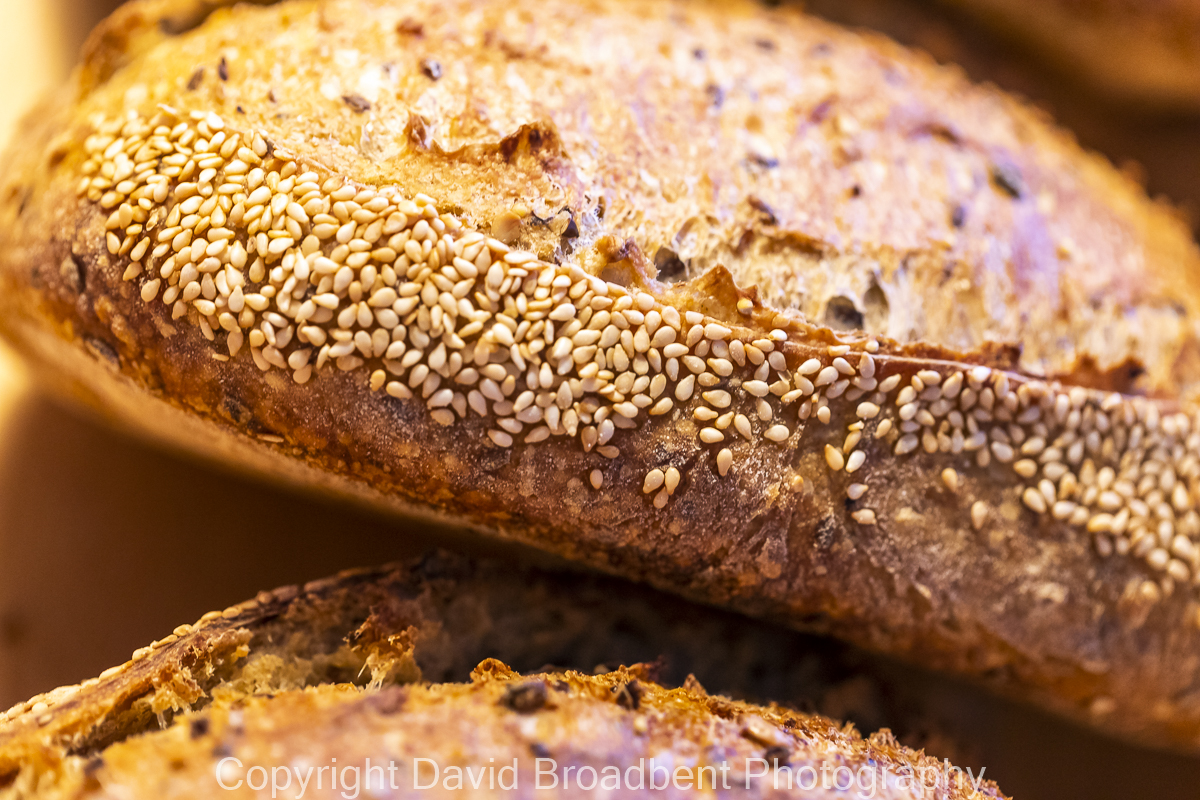
Very seldom do humans first ask “what if it all goes right?”. What if it all goes right, I convert the kitchen into a mini bakery, mortgage an oven, get up at four and try not to wake the family, make bread and people like it? It’s true we need to stay grounded and logical but we still need to dream. We still need to, having though it through, get on with it.
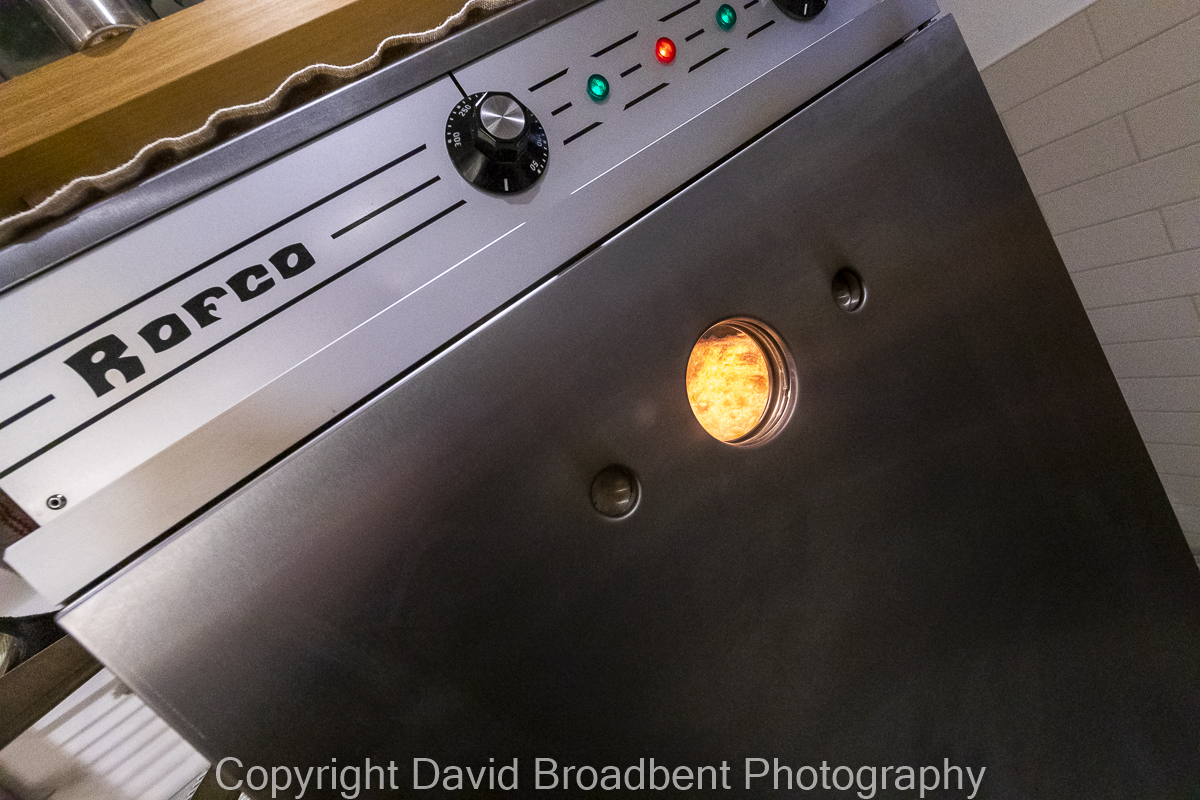
We briefly breath the valley dawn again as Paul steps outside with four perfectly rounded rustic spelt loaves. Set on a wire rack the misting honey sprayed over the wholemeal spelt sourdough scents the early morning dew point and sweetens the smell of dawn.
Inside the kitchen, there are no vats of unruly starter, just carefully measured, small amounts of chemistry, flour and water mixed and set aside for the next batch. Just enough and just in time. Enough starter for the mix with some left over for a new starter. Any left over after that is made into a batch of Pennant millstone shaped and coloured table crackers. And repeat.
For every wheatgerm of idea, there is a right time. A time to do. Do you do this thing you have dreamt of or do you choose caution and spend the rest of your life wondering what if…? Who knows? May be the pandemic has been a catalyst to all sorts of things starting and ending. Sometimes there isn’t an answer, it just is. Maybe Paul, supported by his family, this was just the right time. I’m glad that Brook Farm Bakery’s time has come. If you haven’t tried it yet, do so and you will be very glad their time has come too.

You were right. You have been found out Paul Grover. People have found out that you are the sourdough making real deal so good luck with keeping the baking to a few days a week.
Stuff
Brook Farm, Merricks Lane, Brockweir. NP16 7GD 07841 903036


